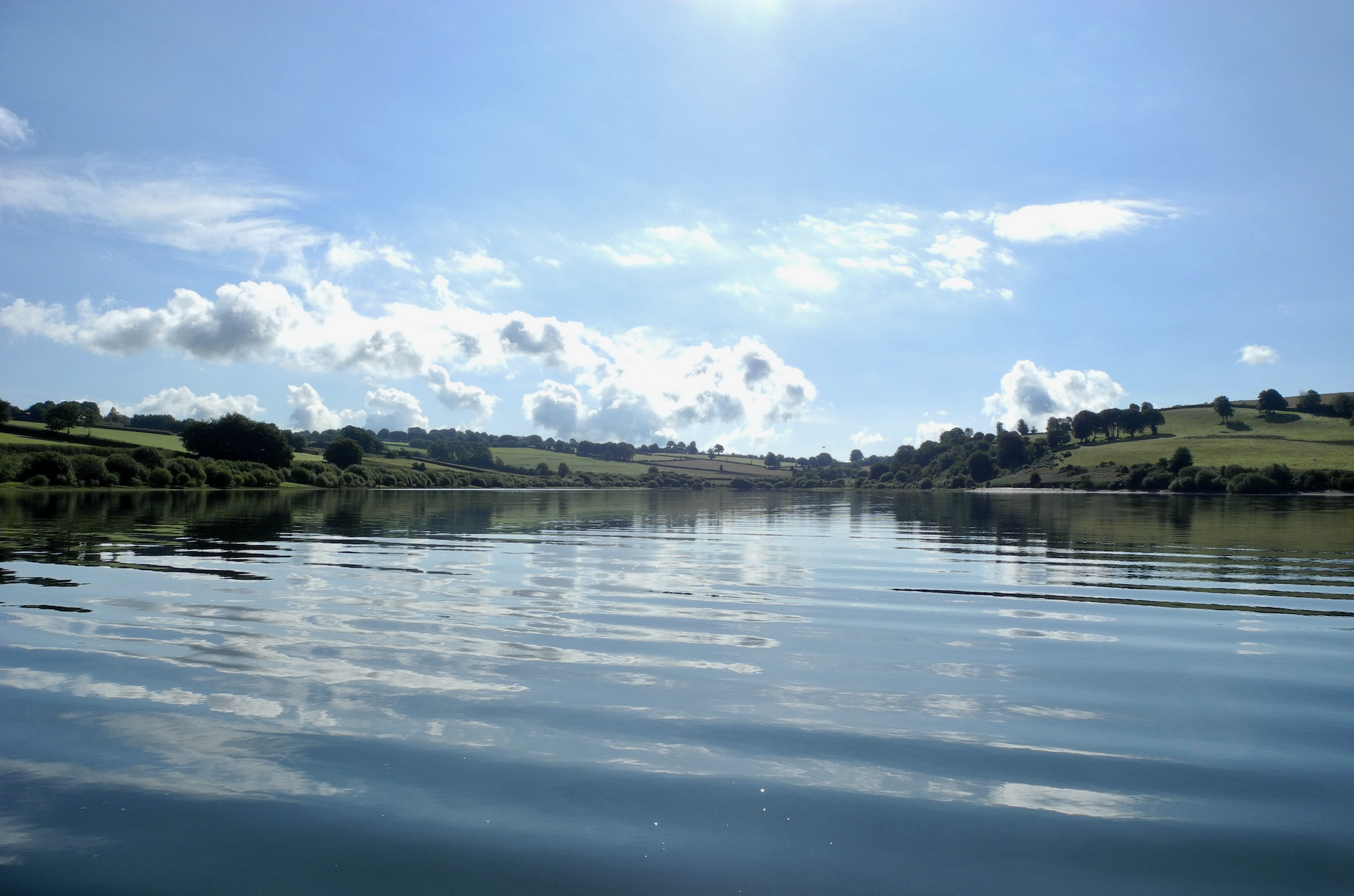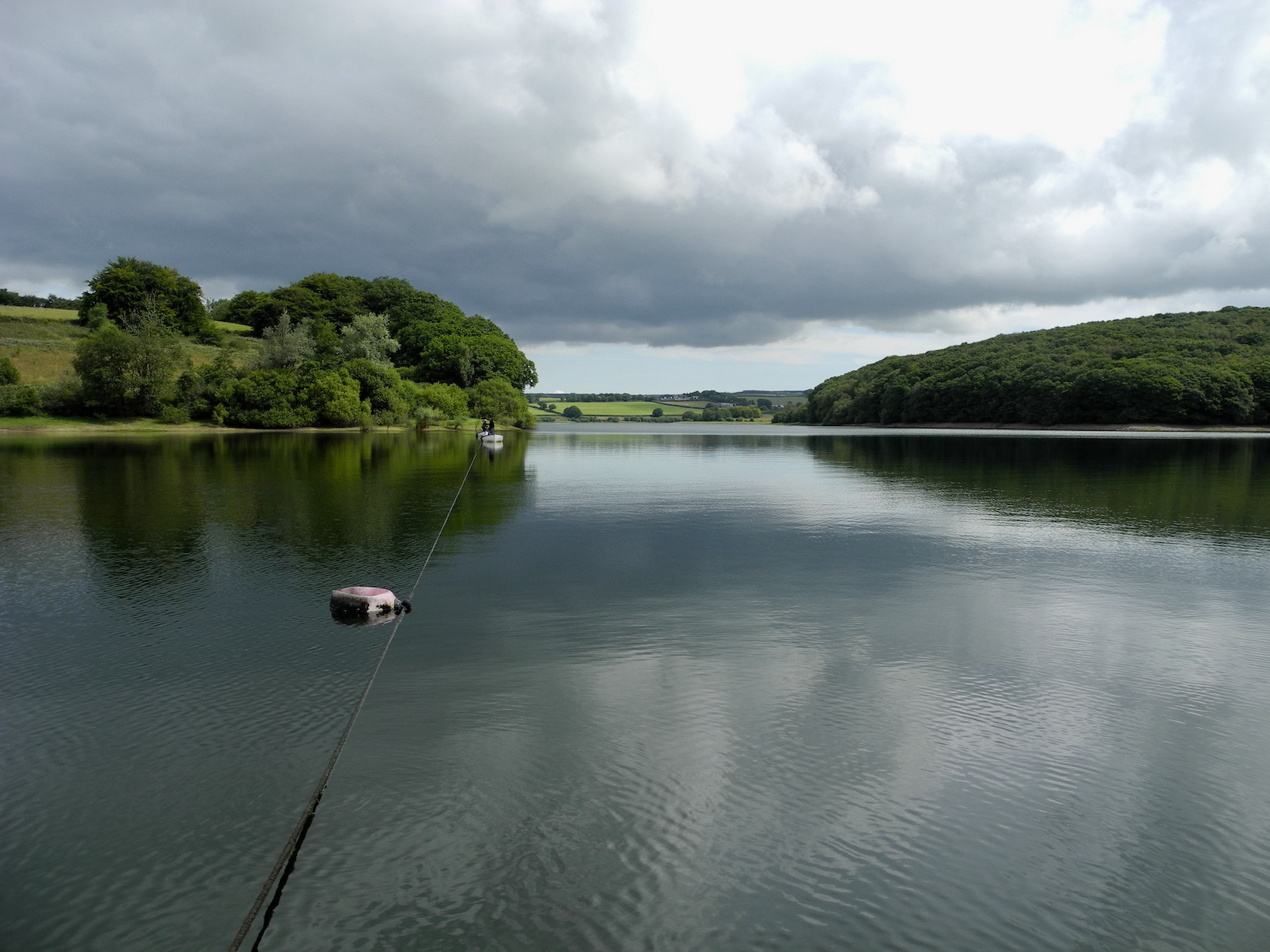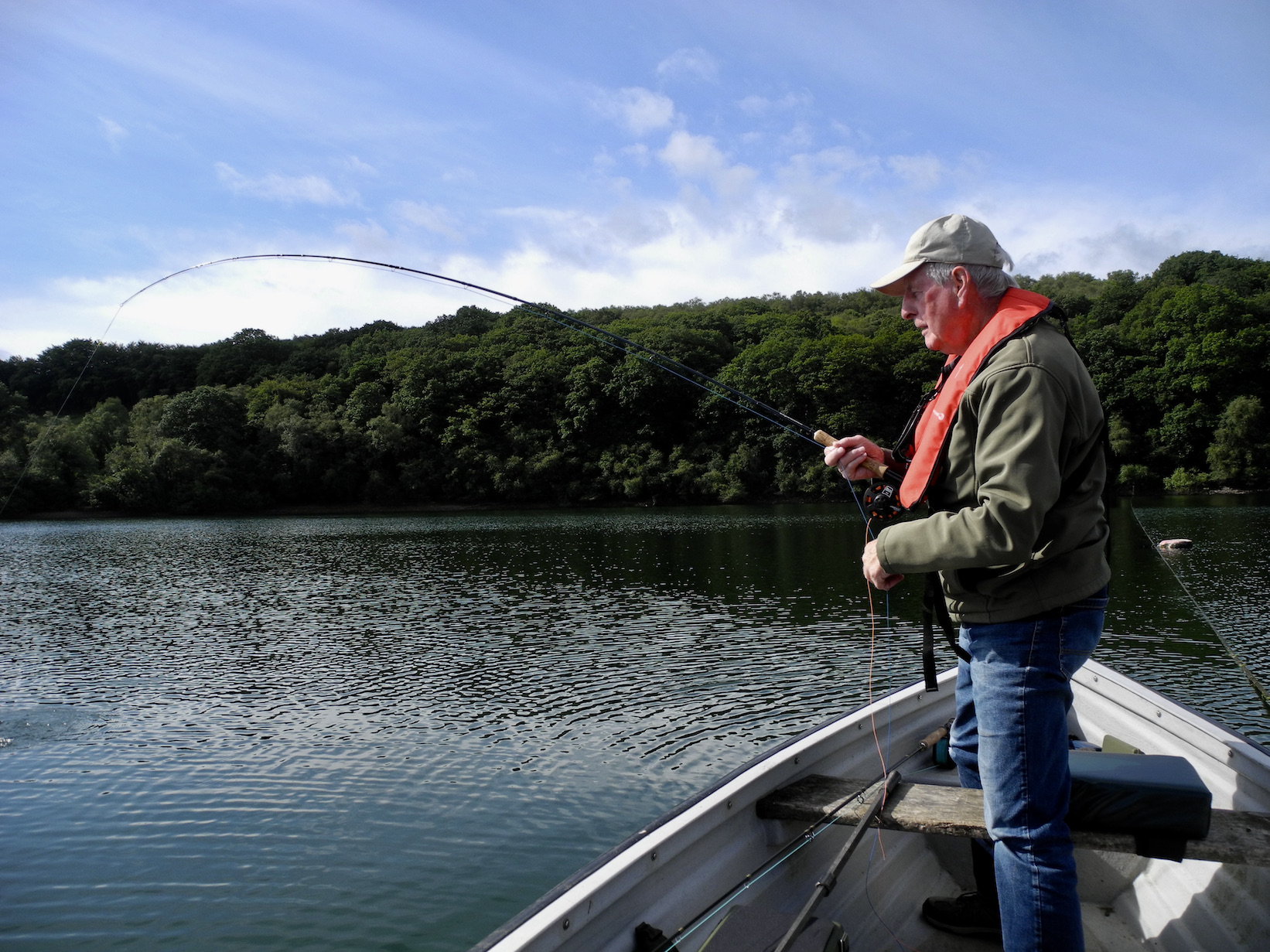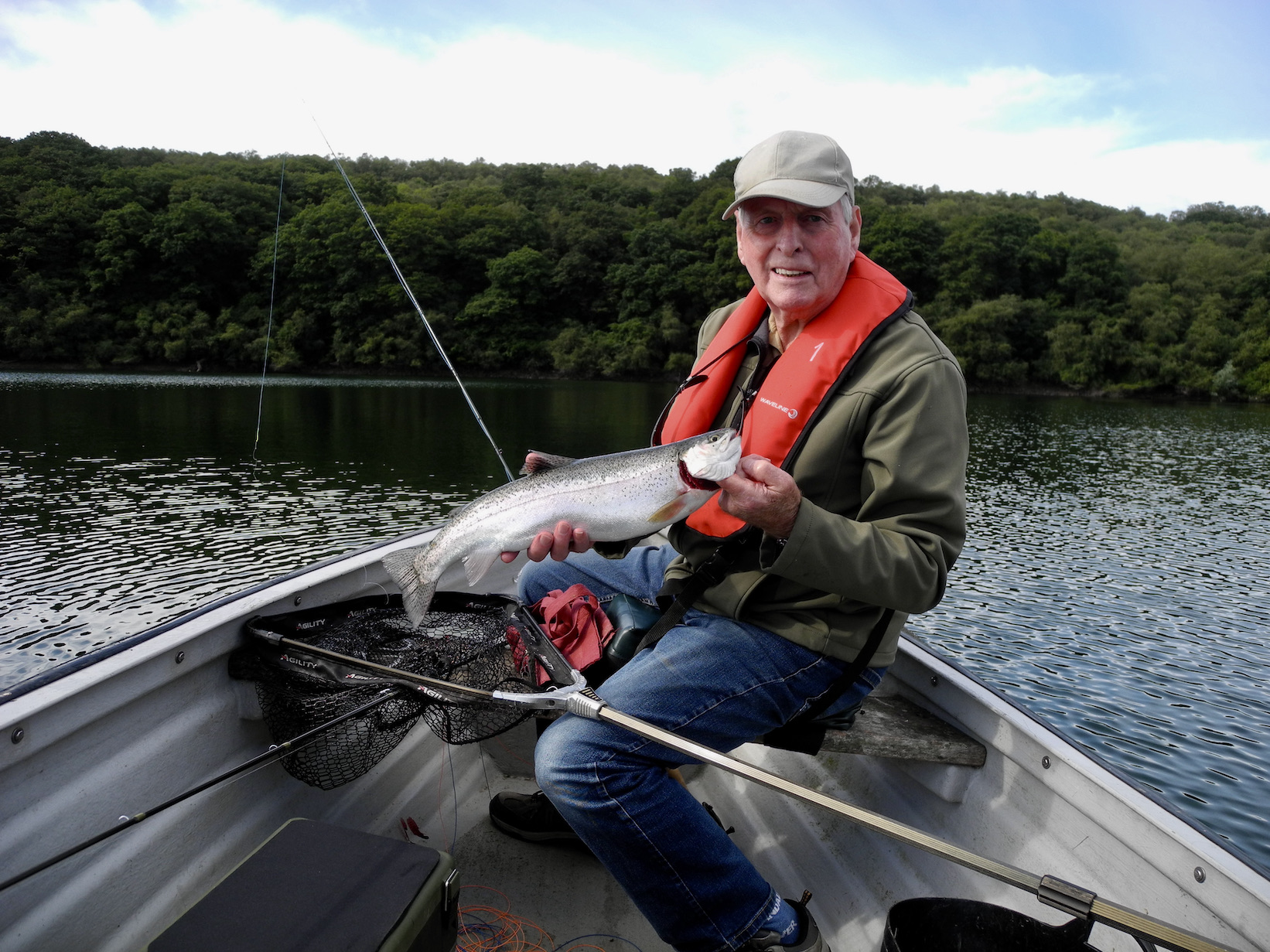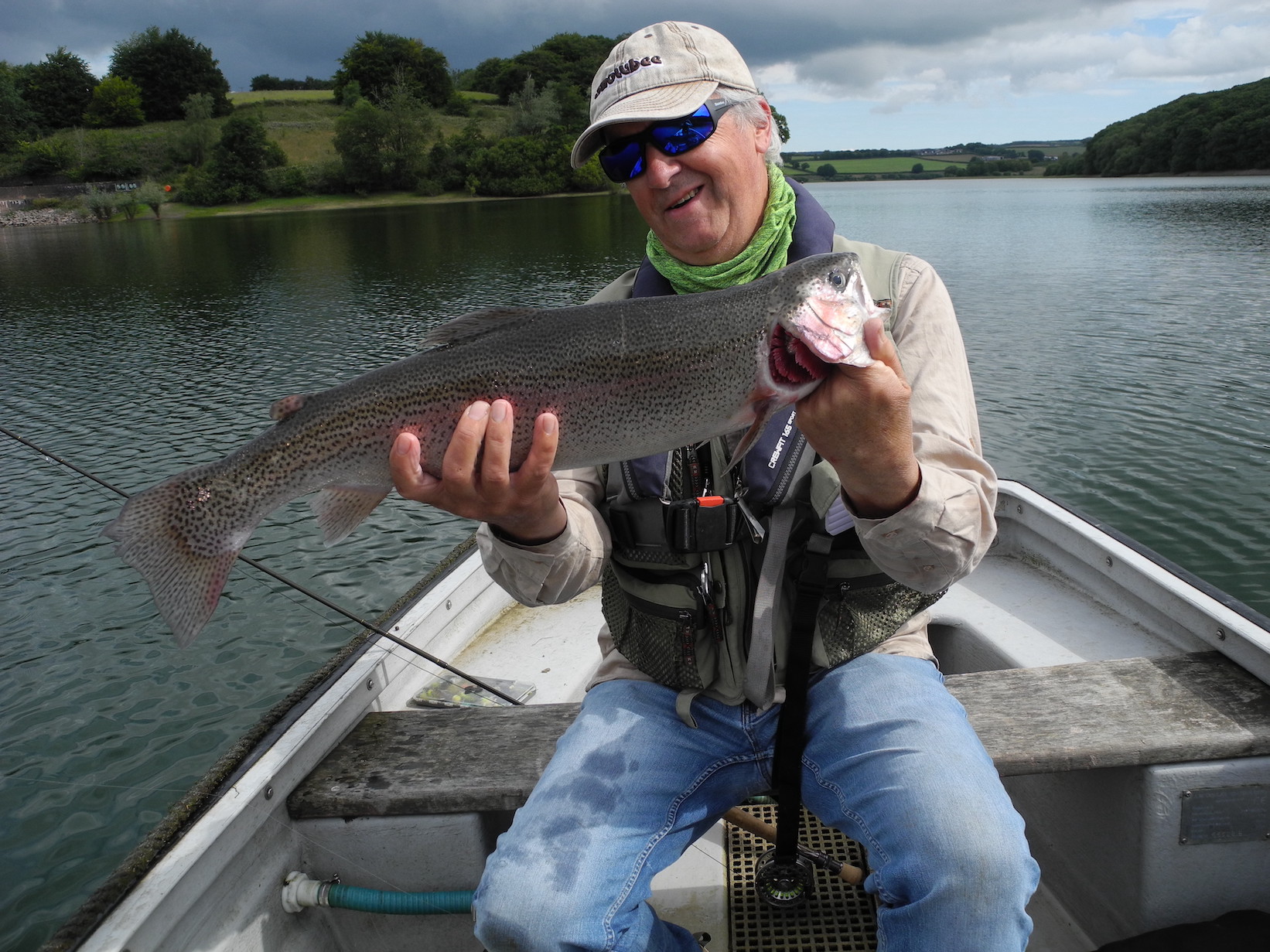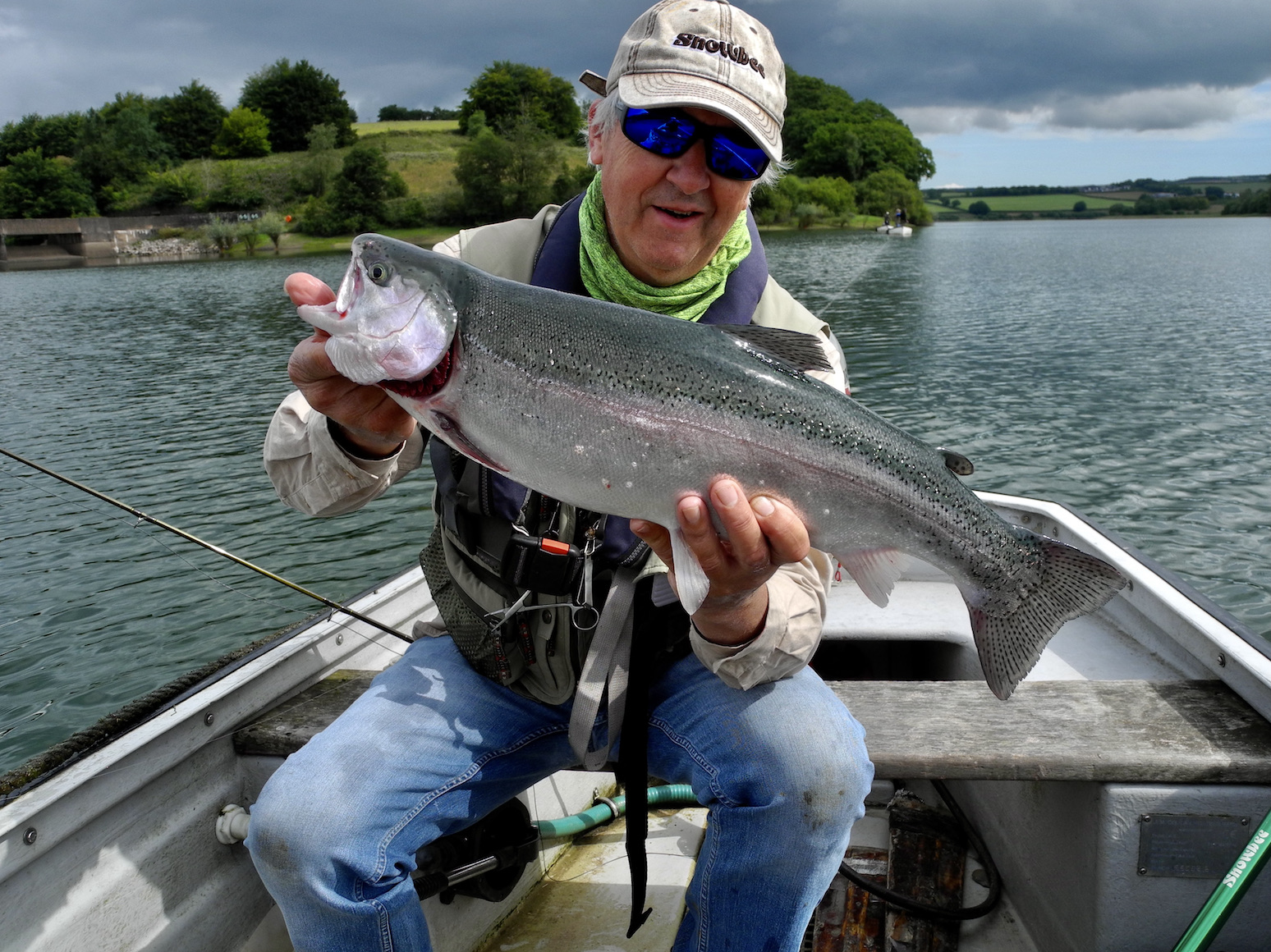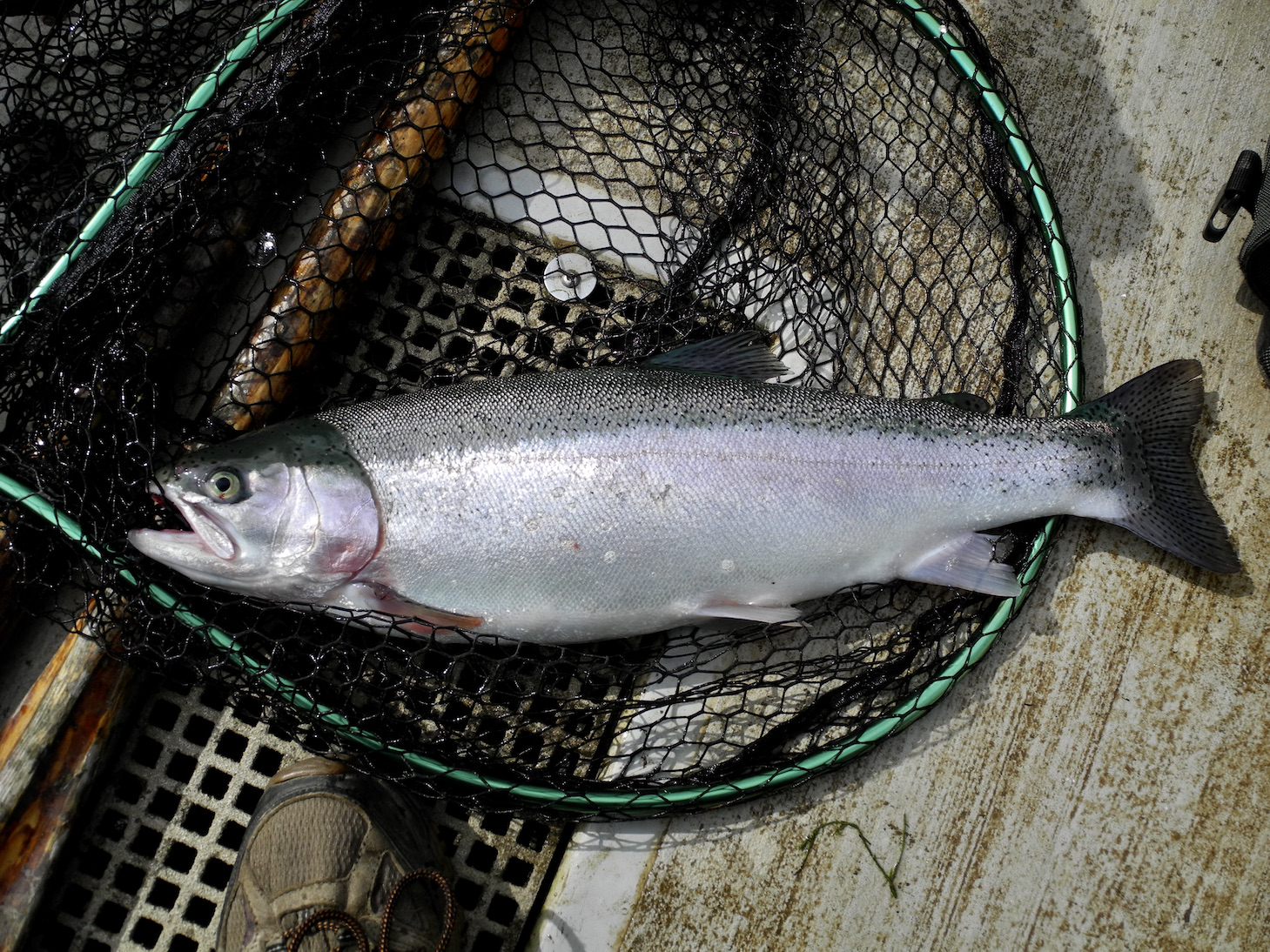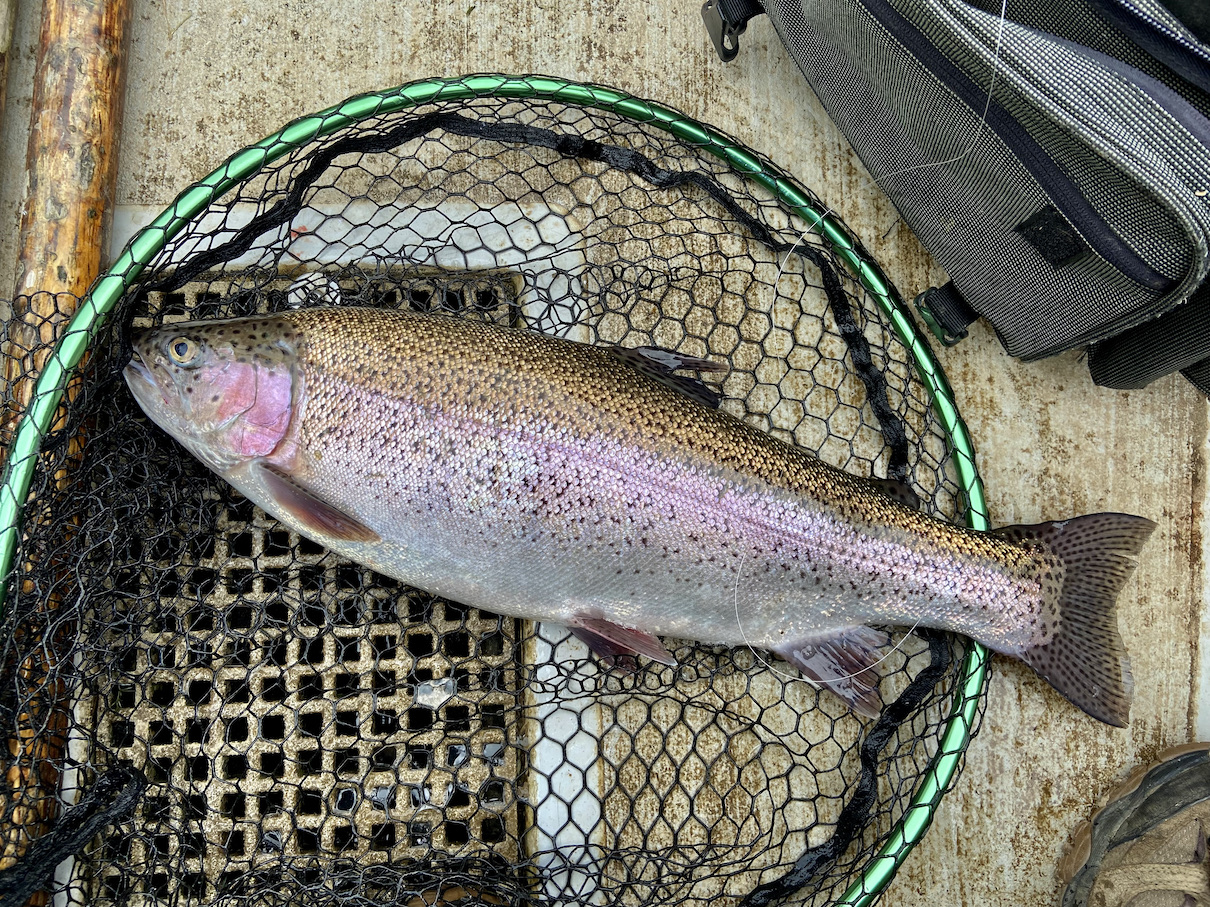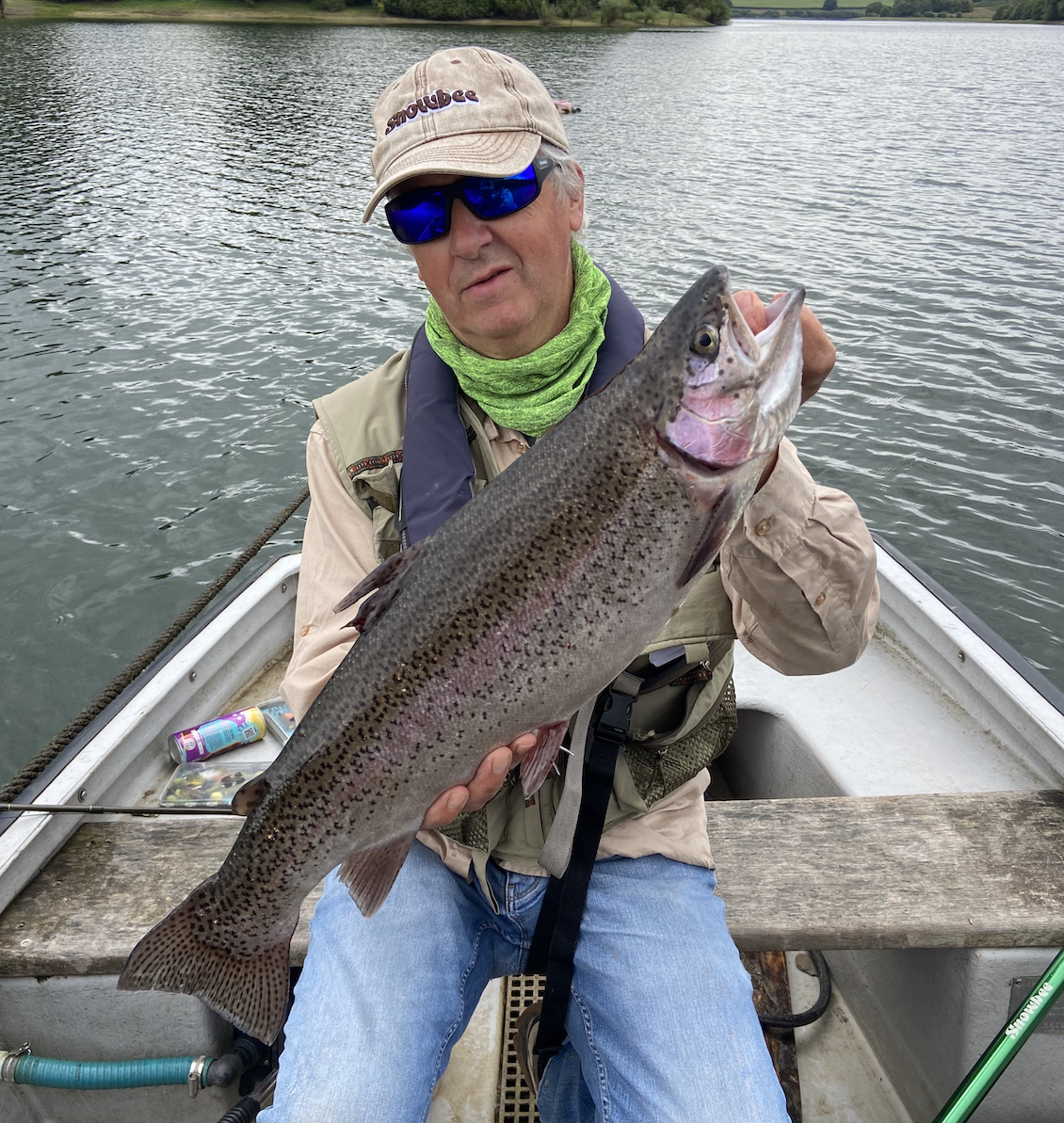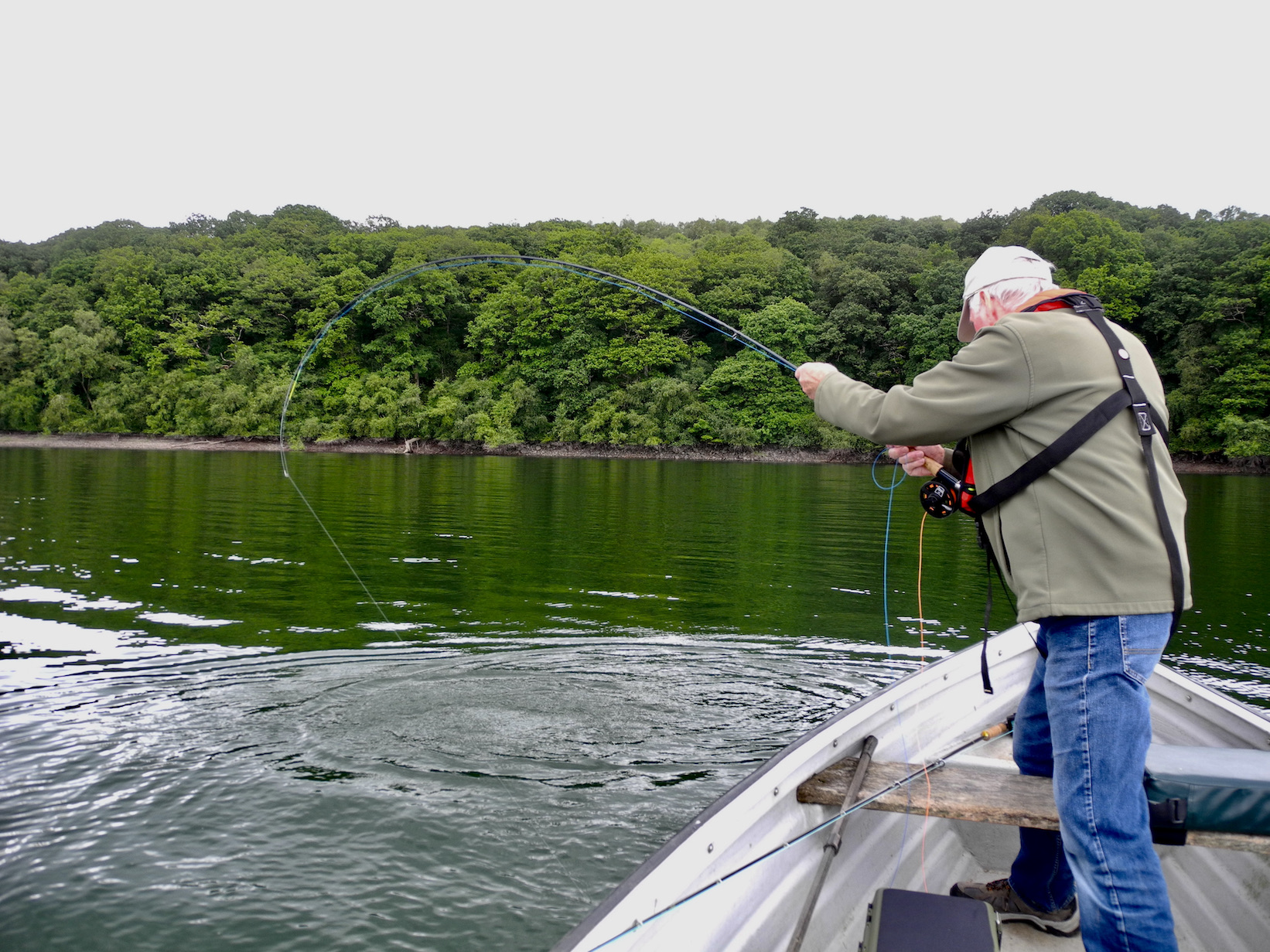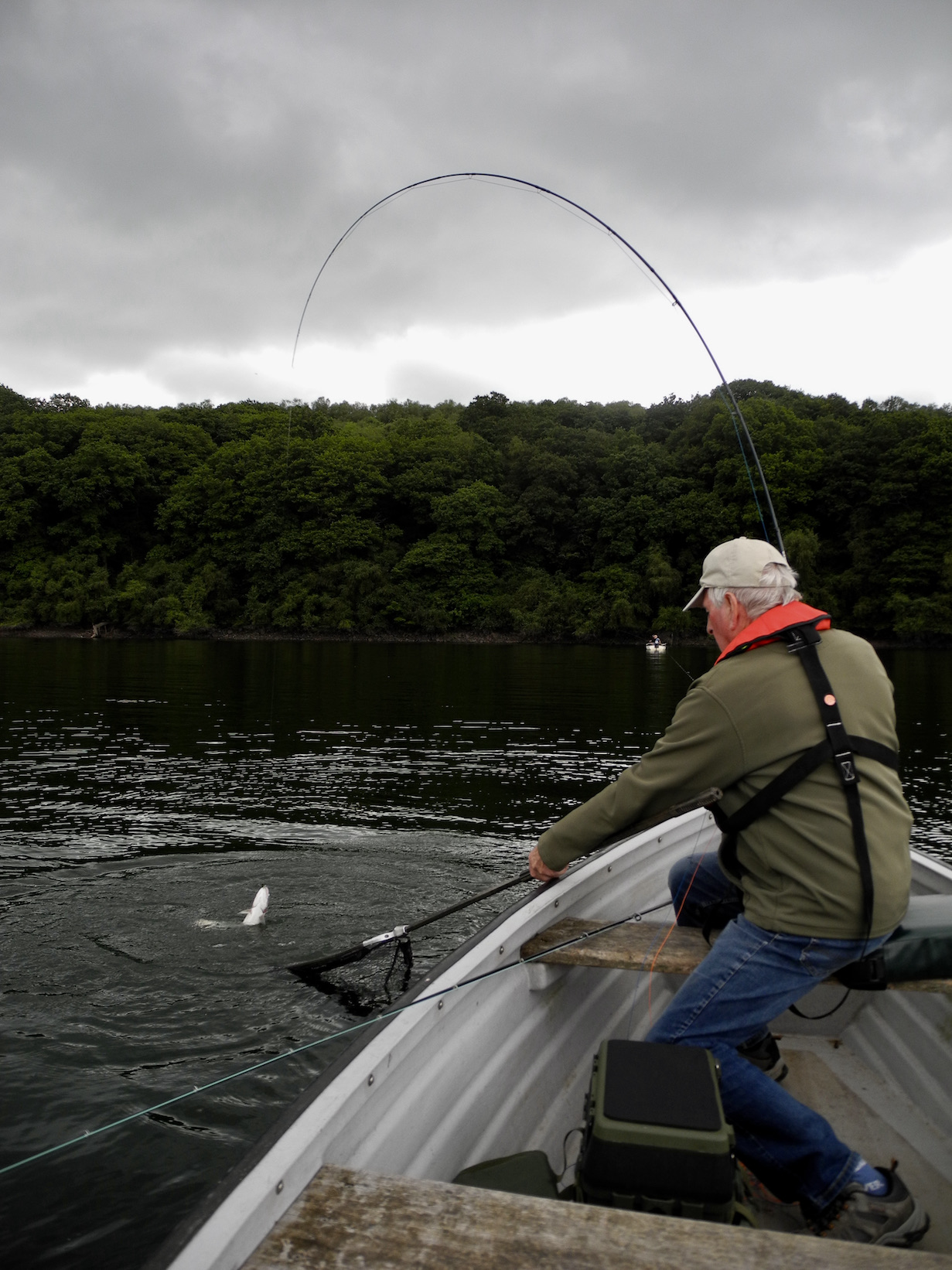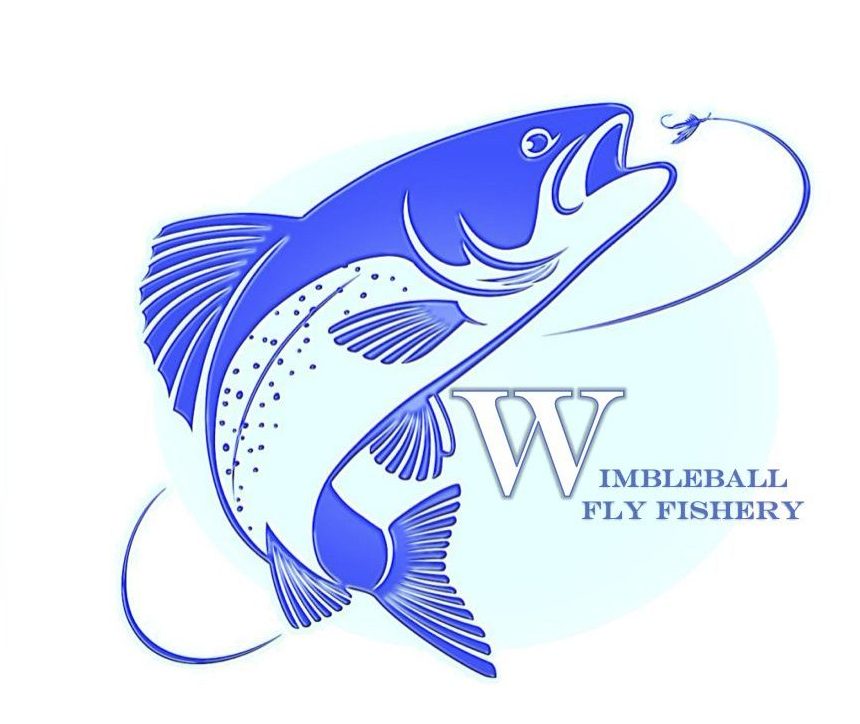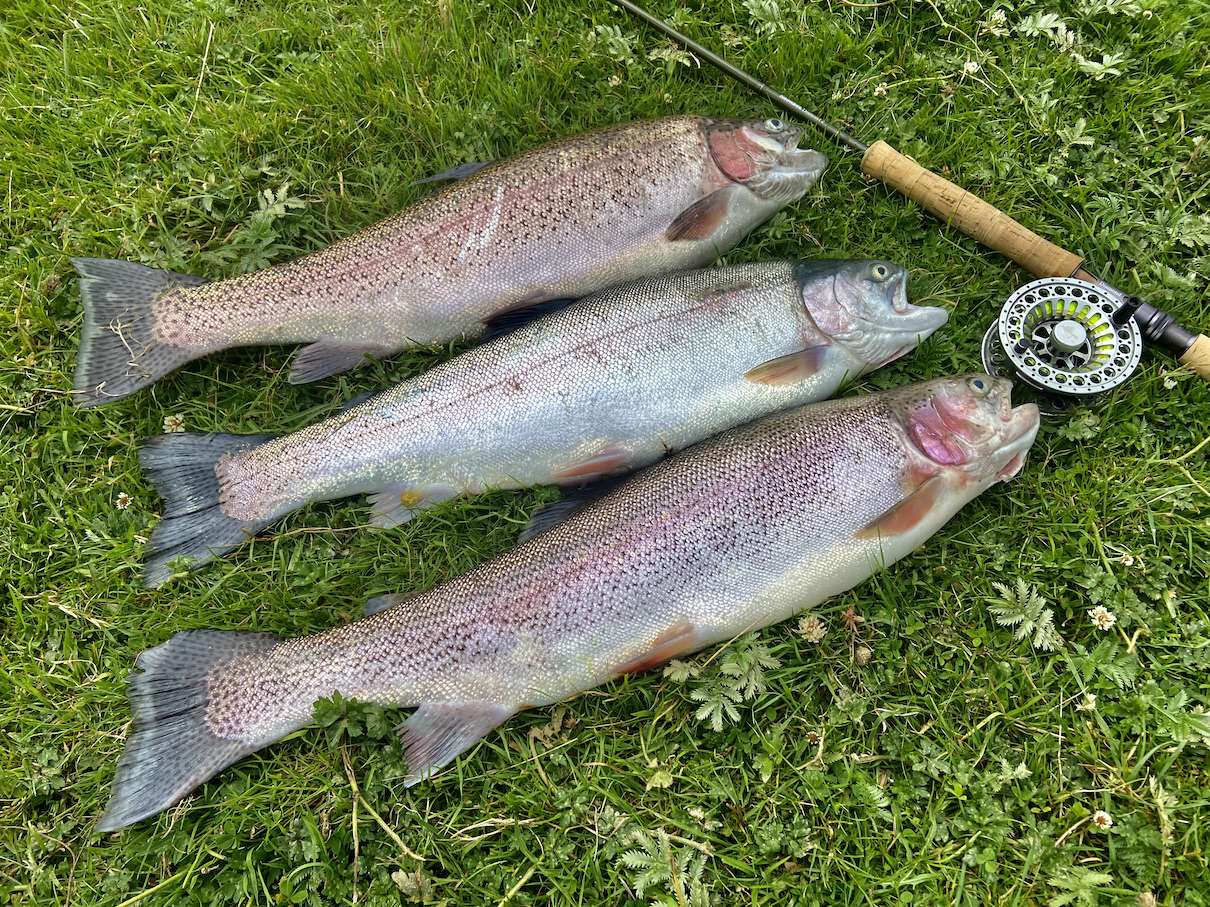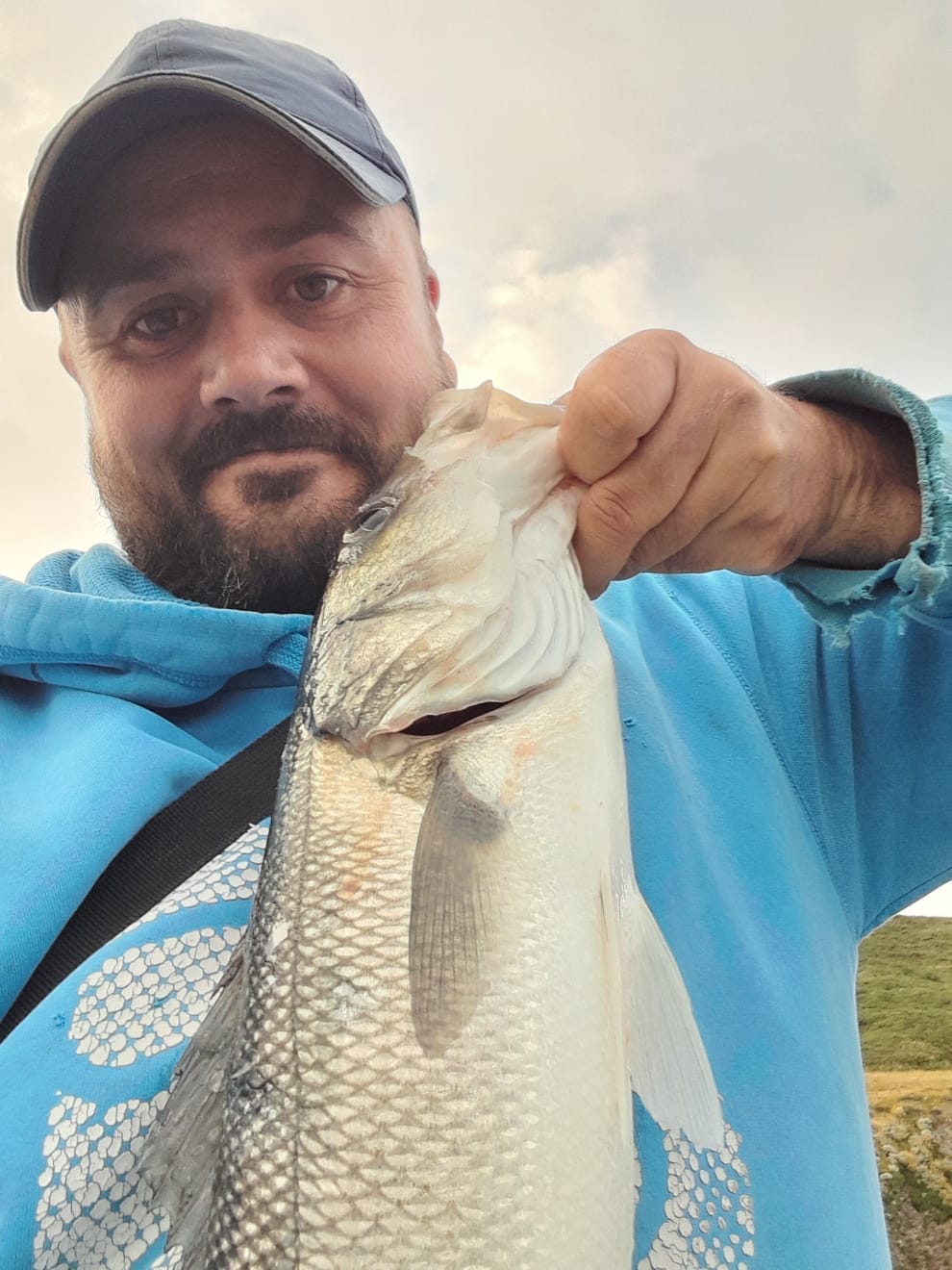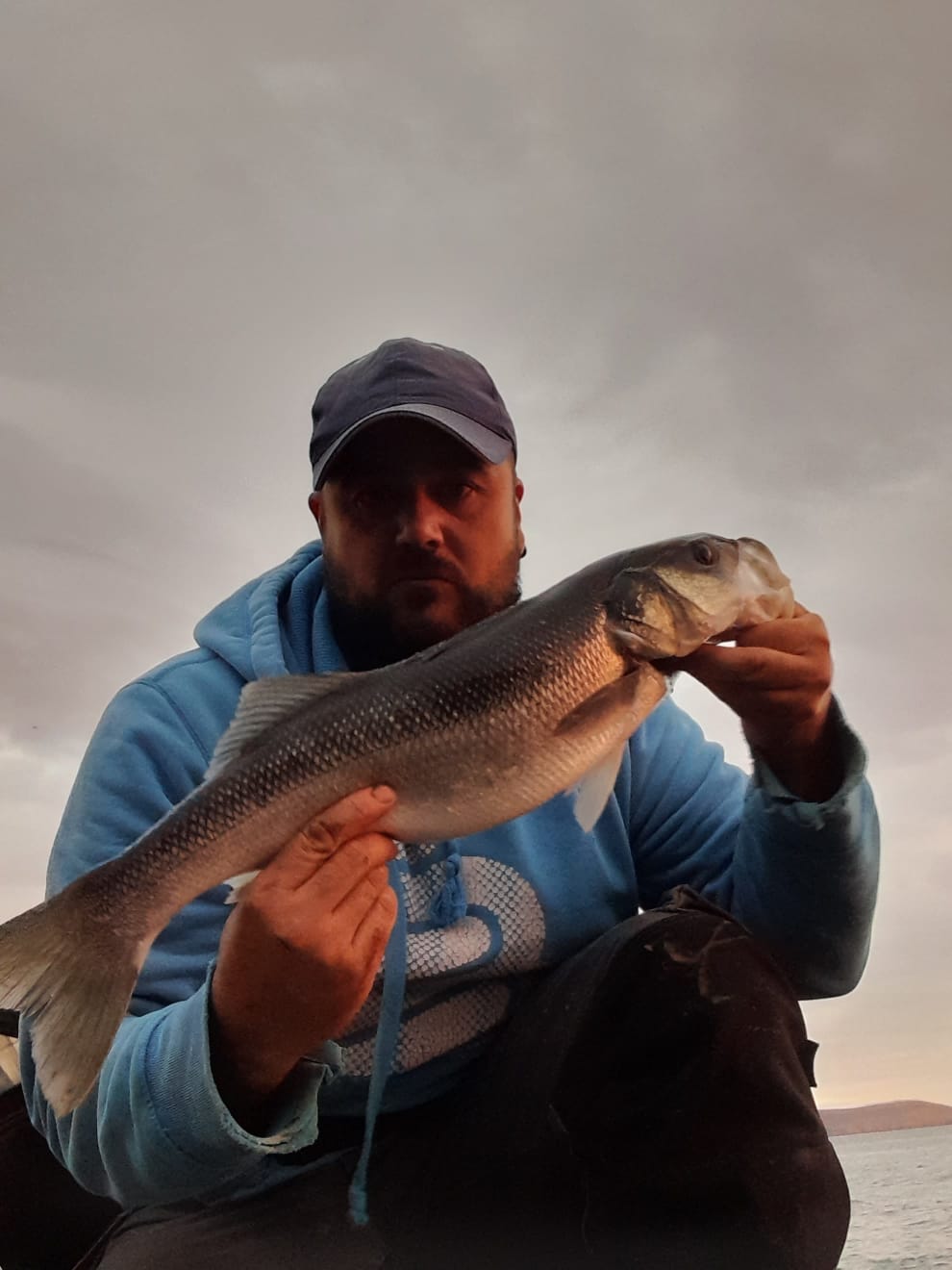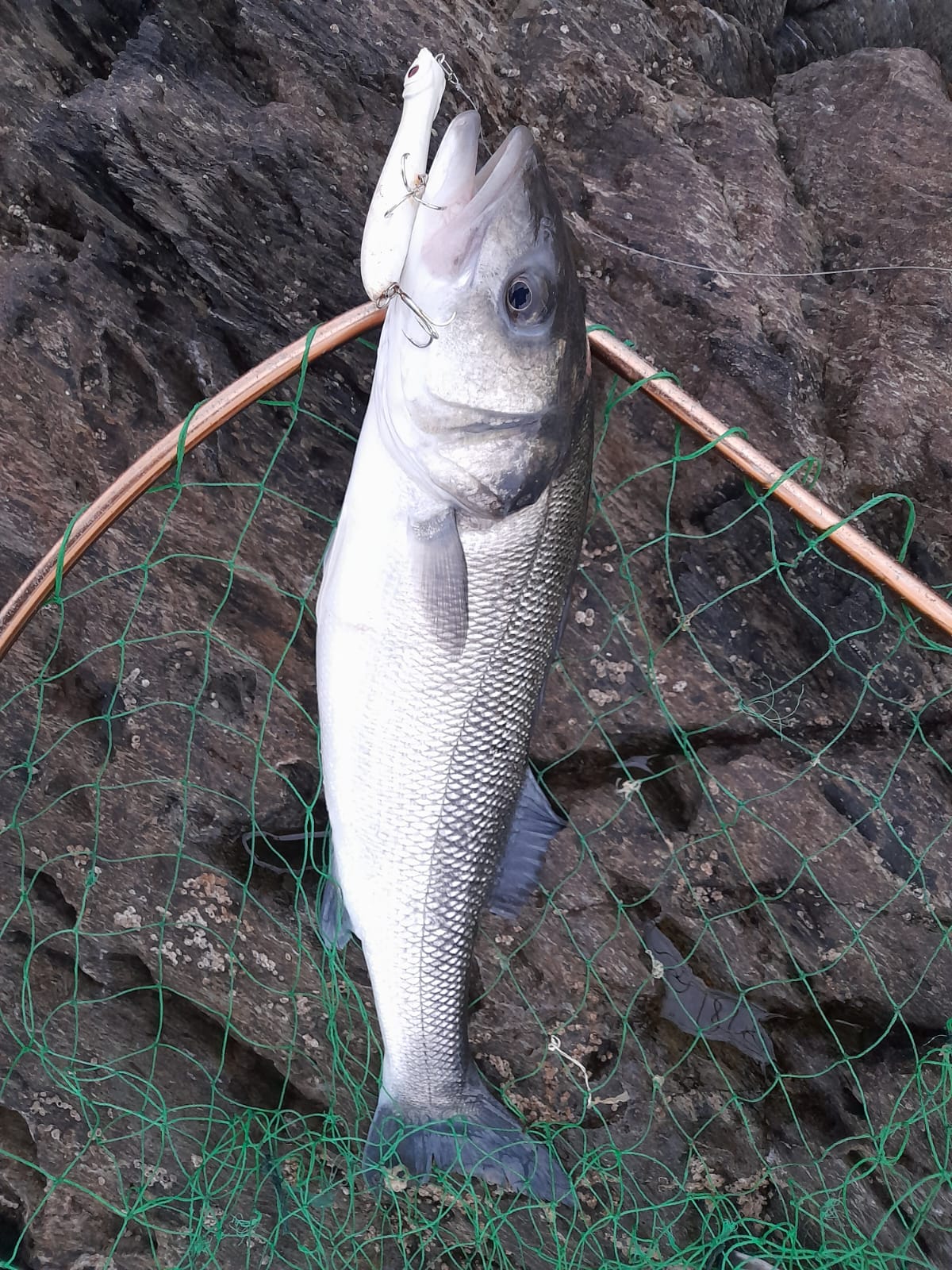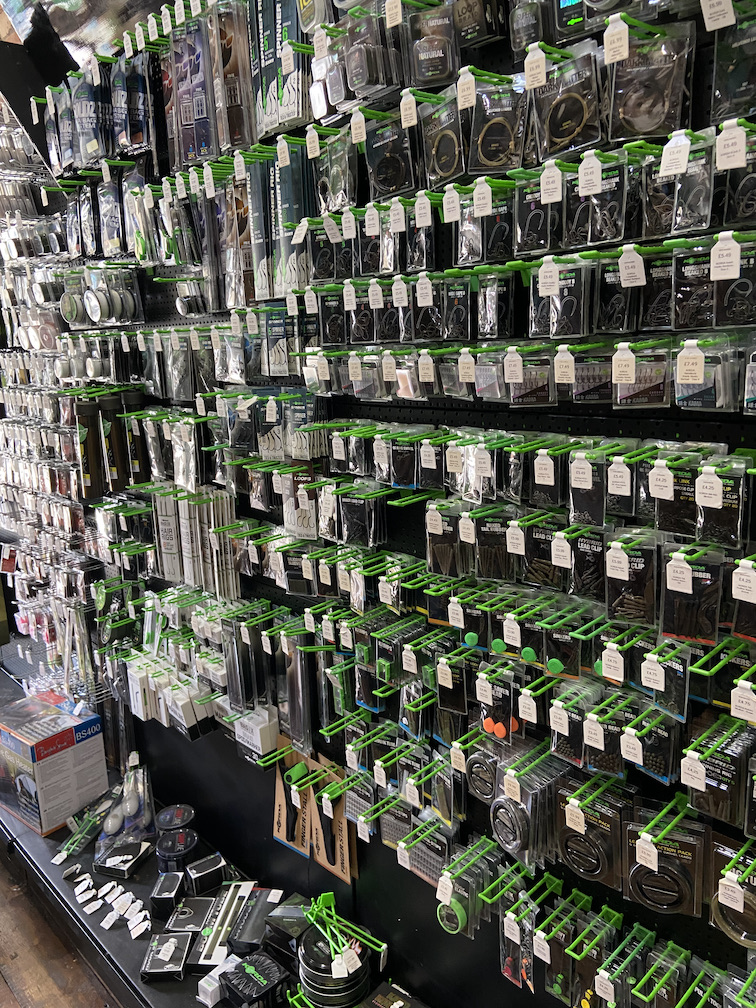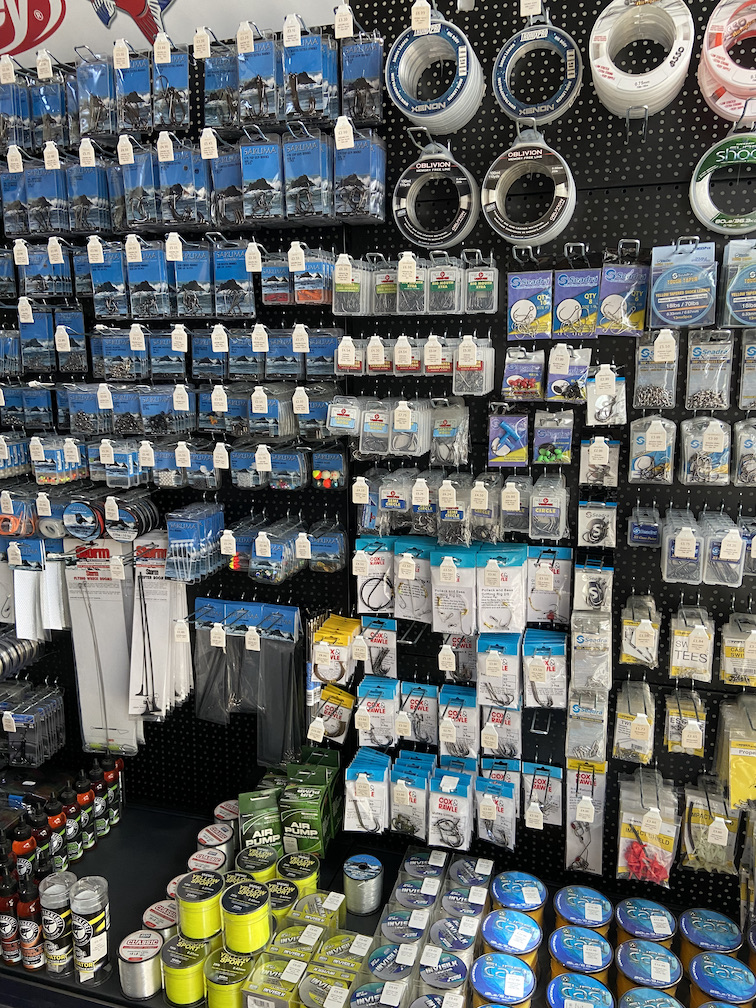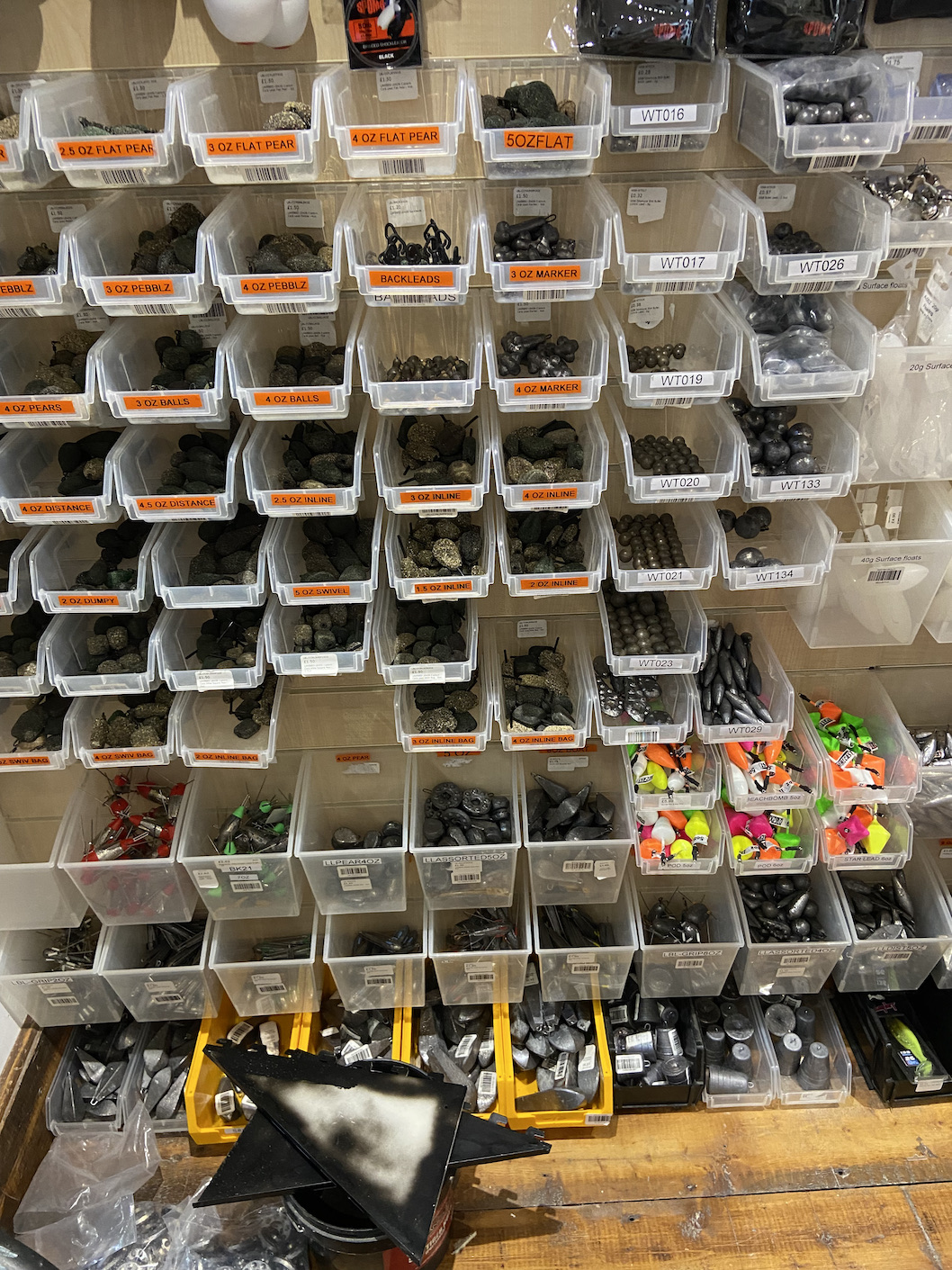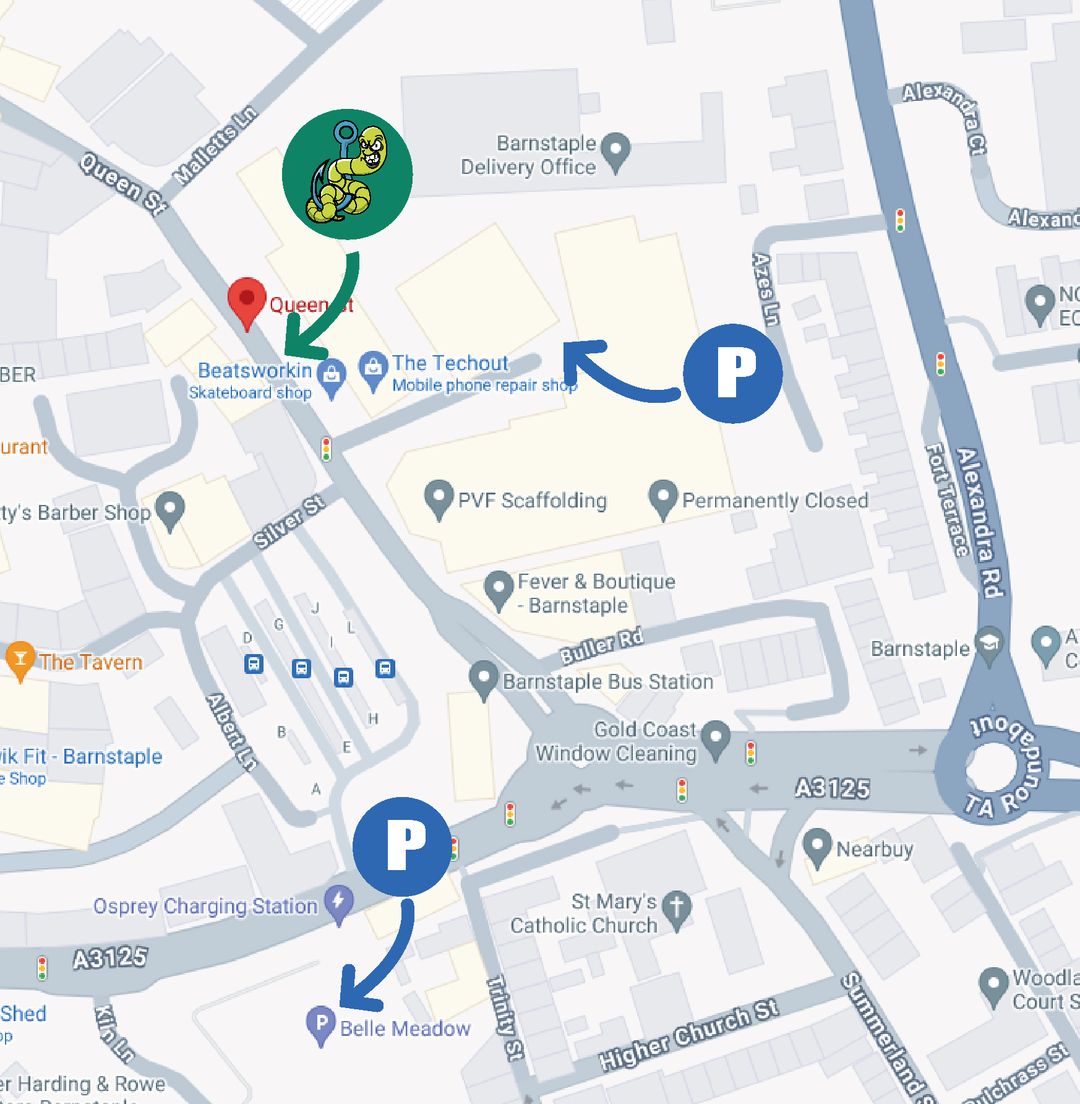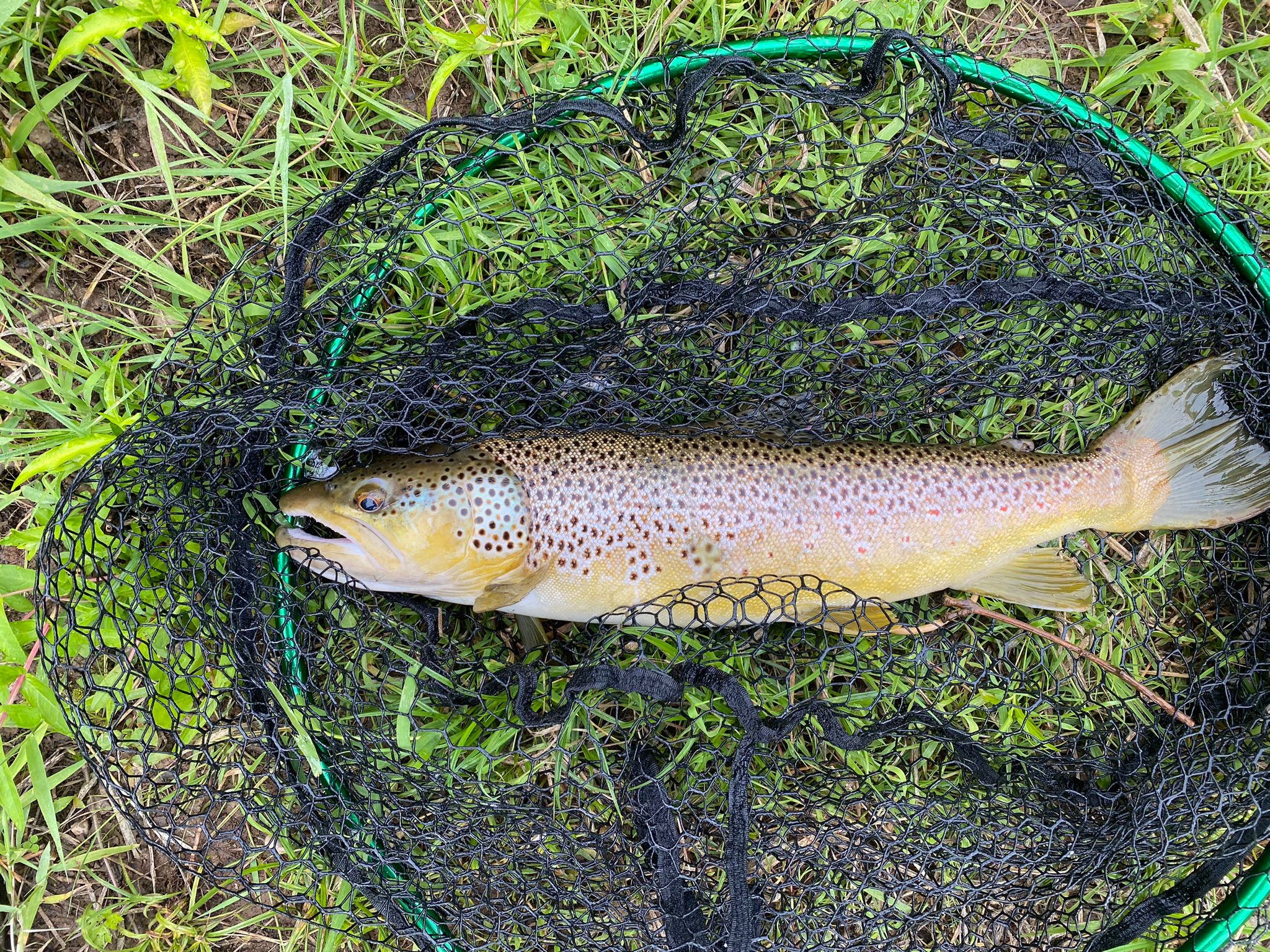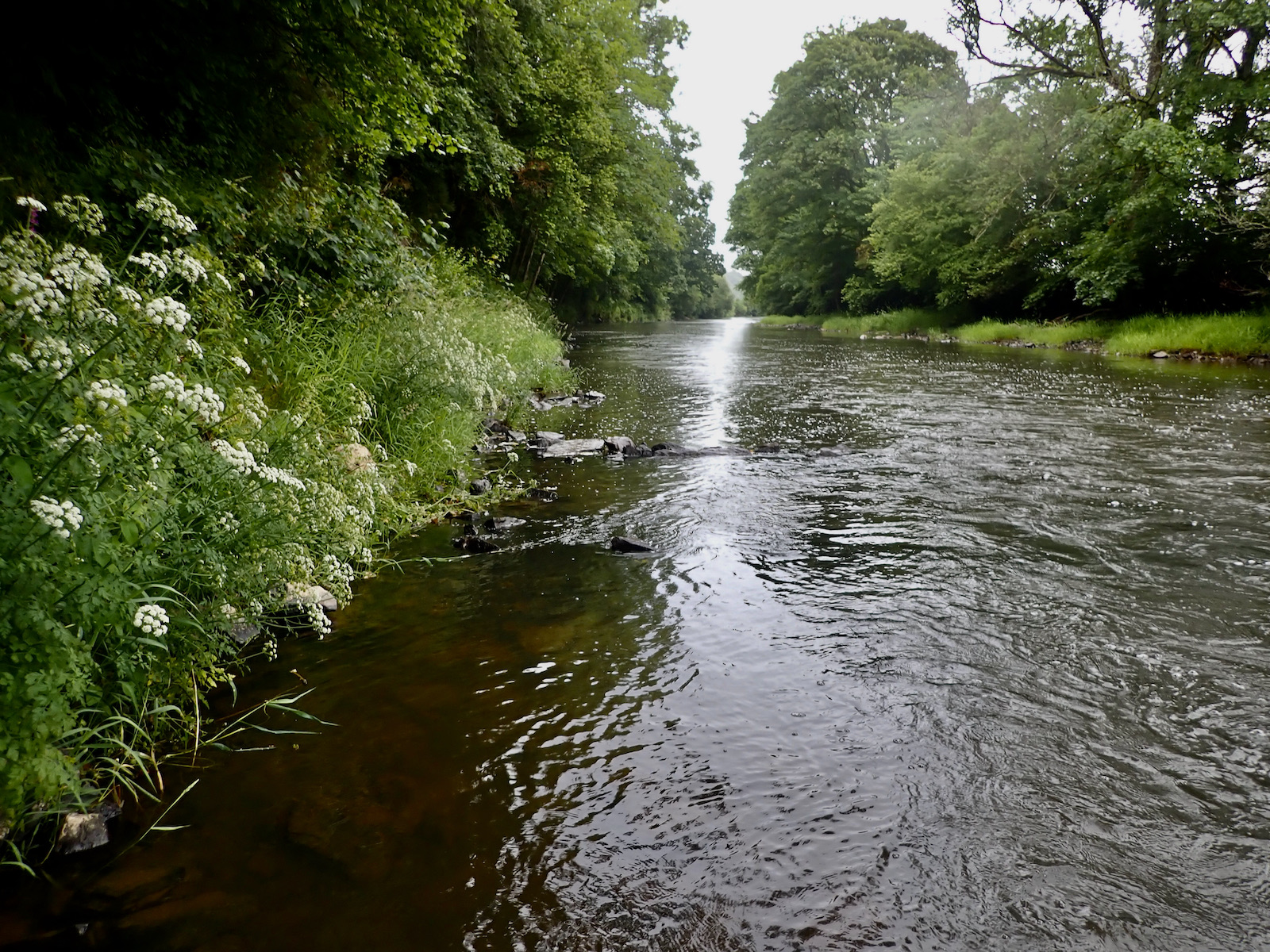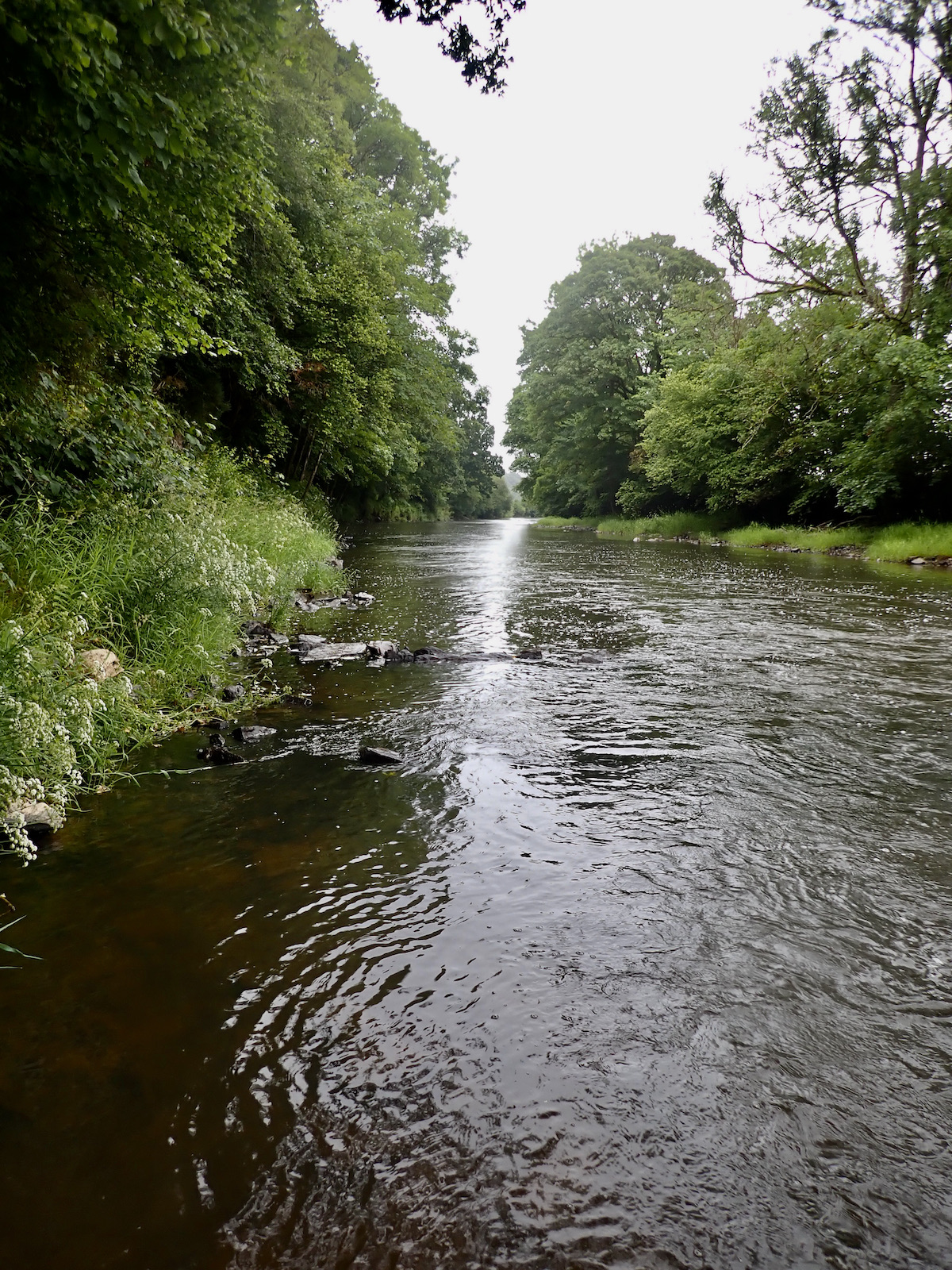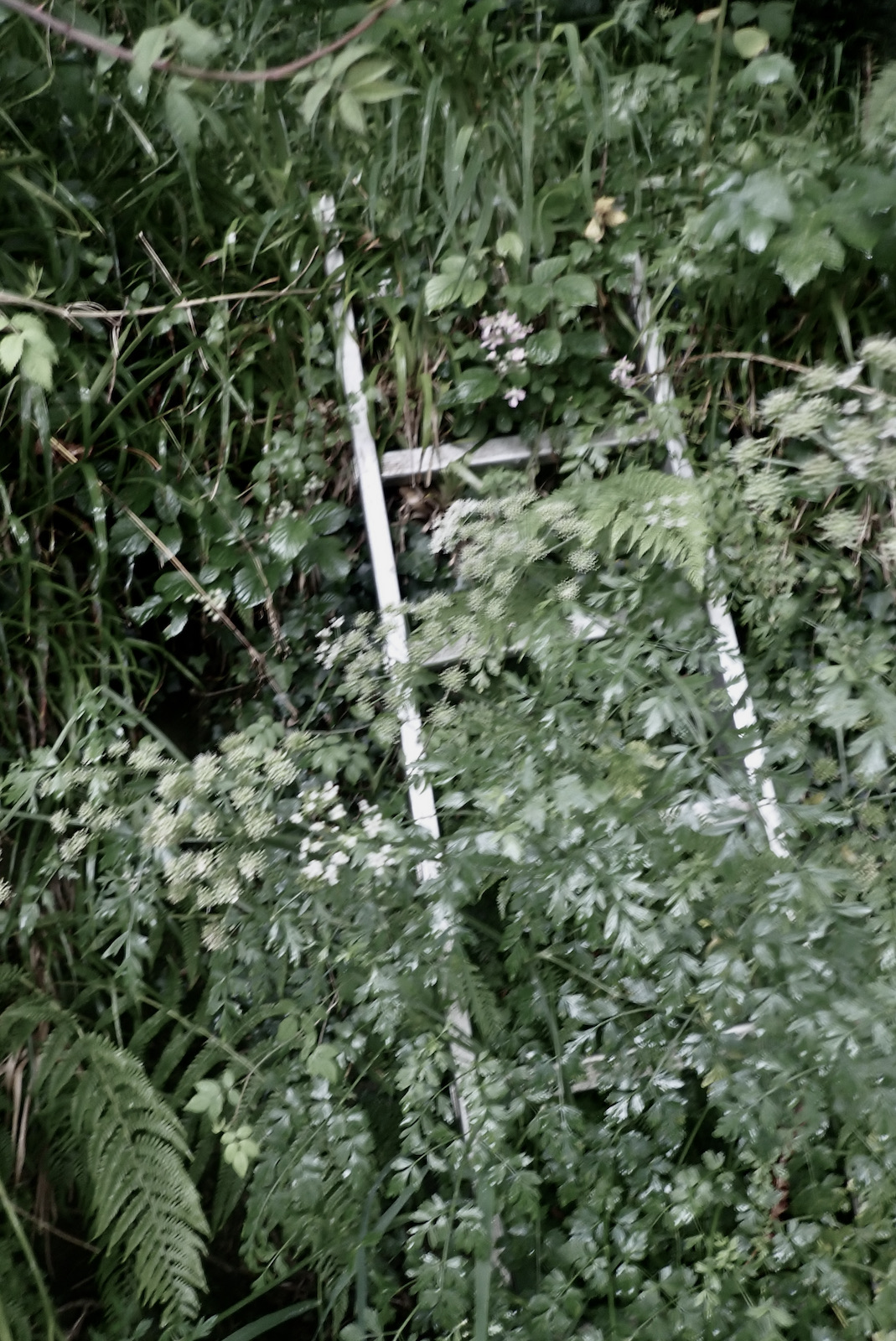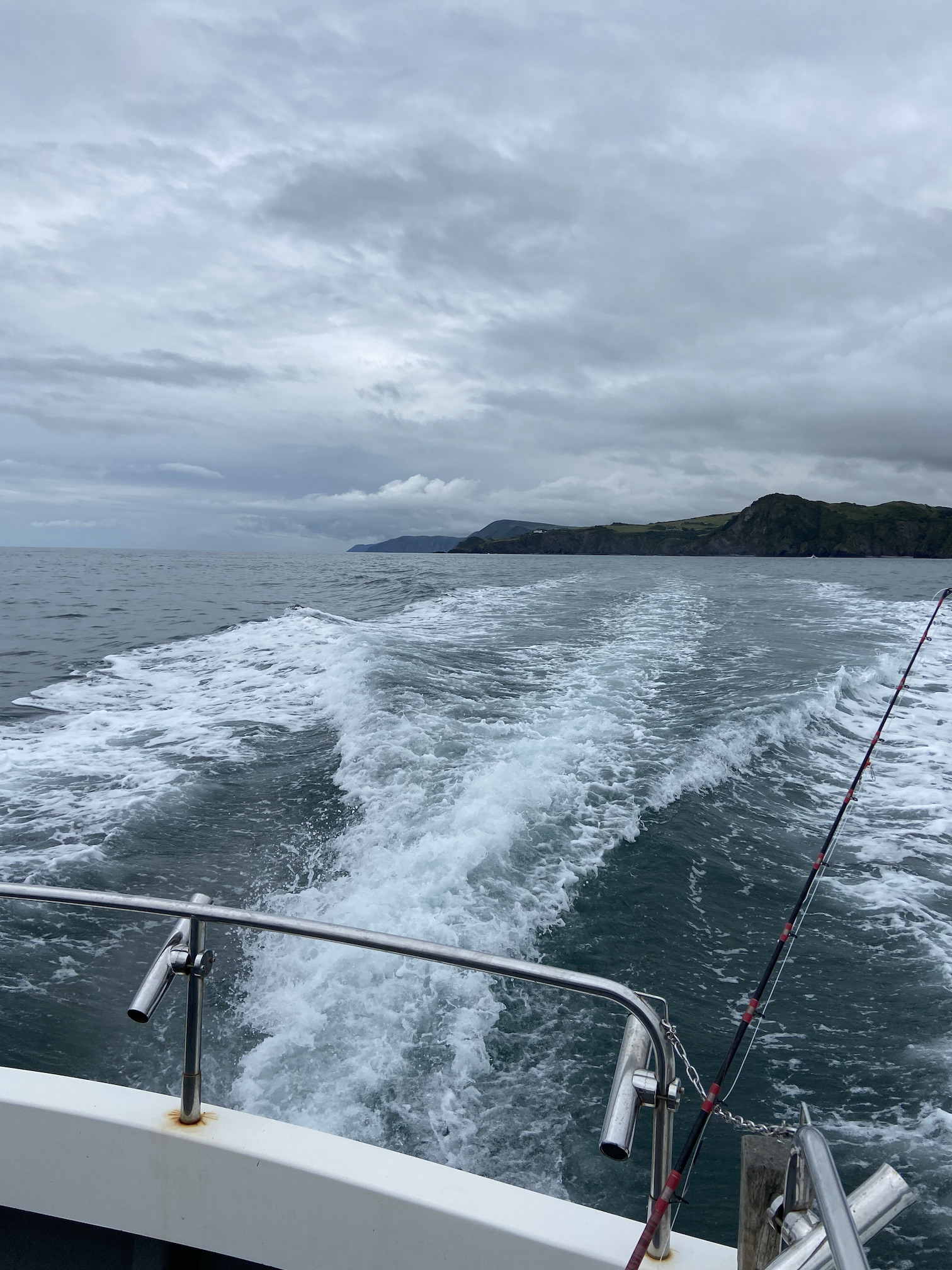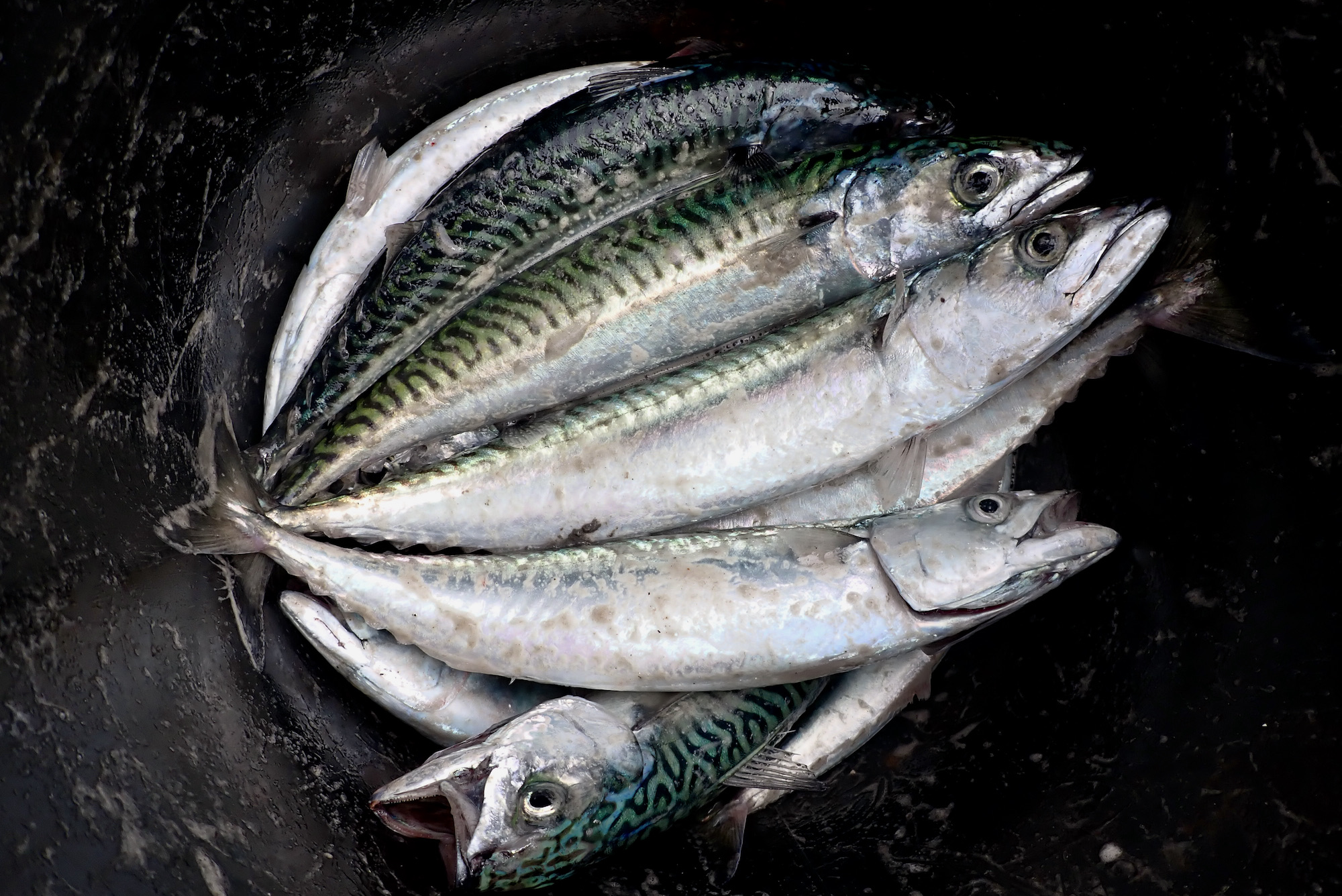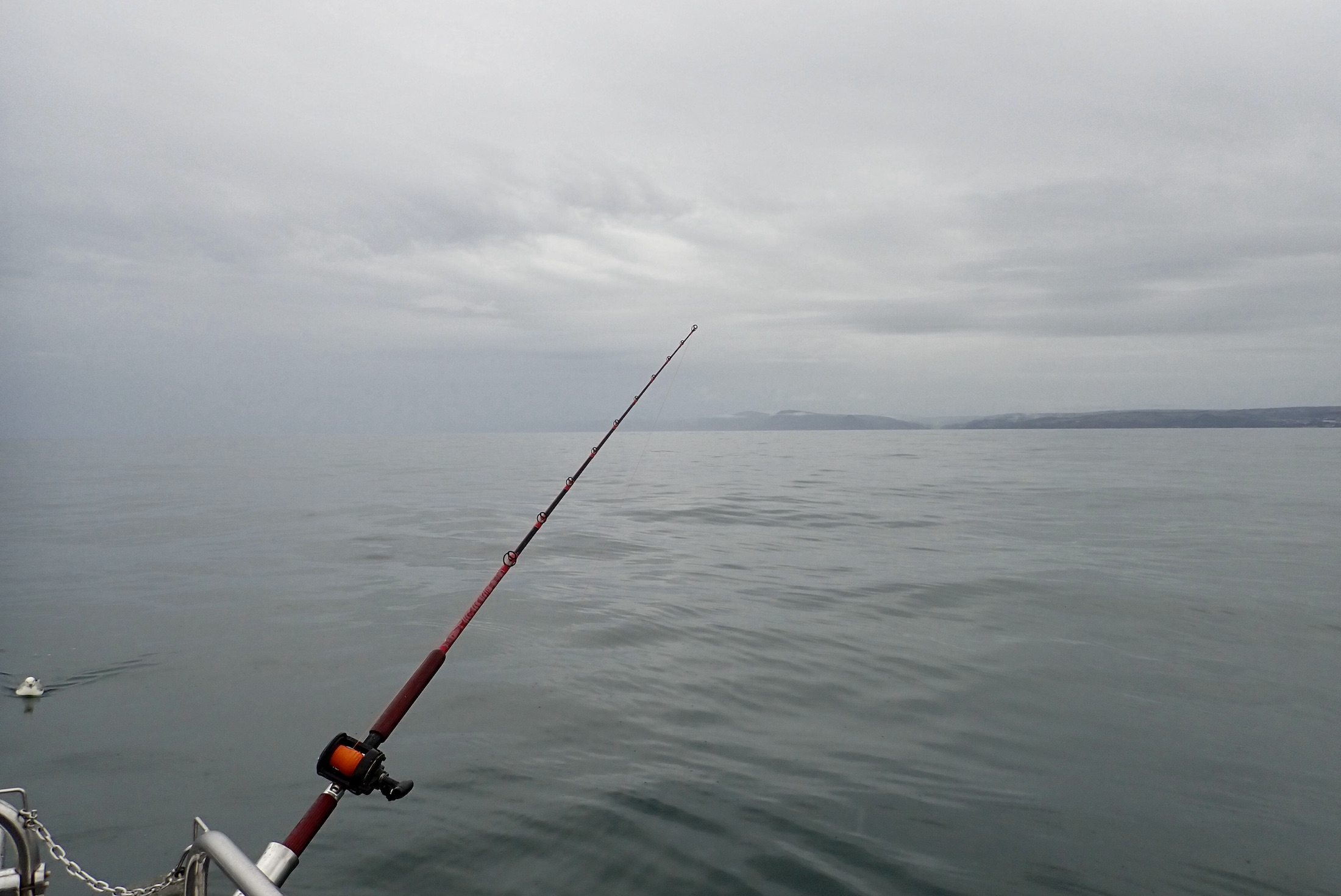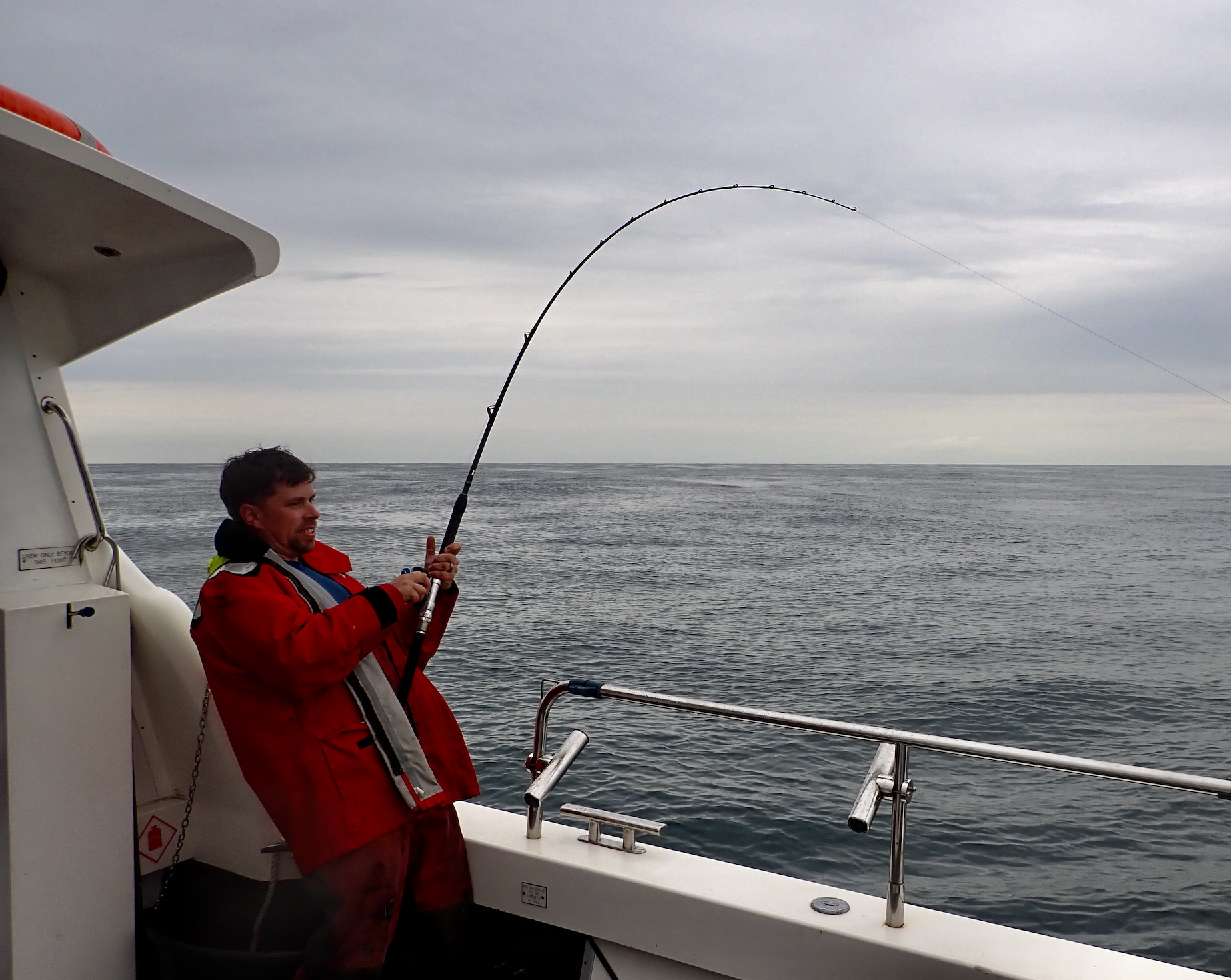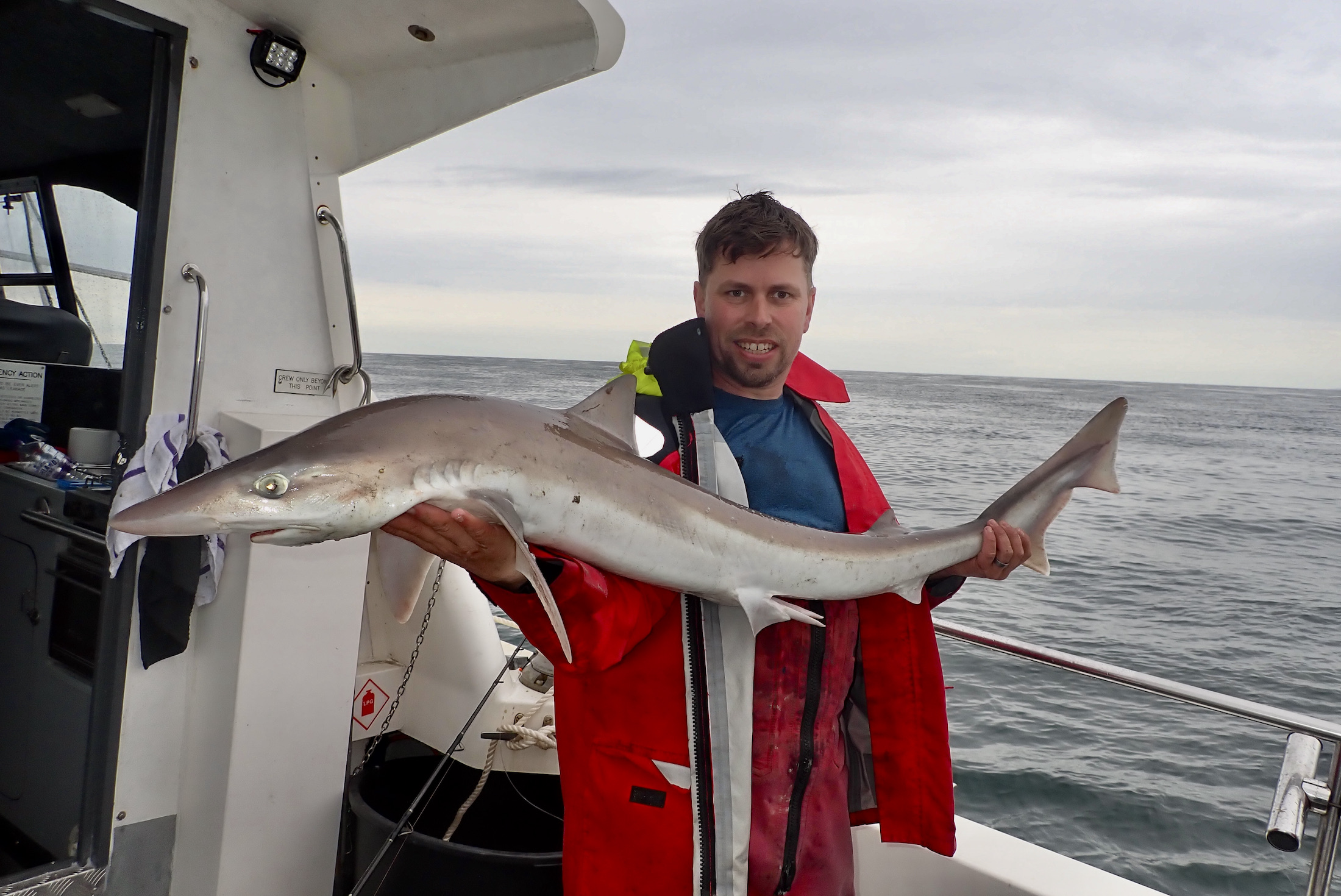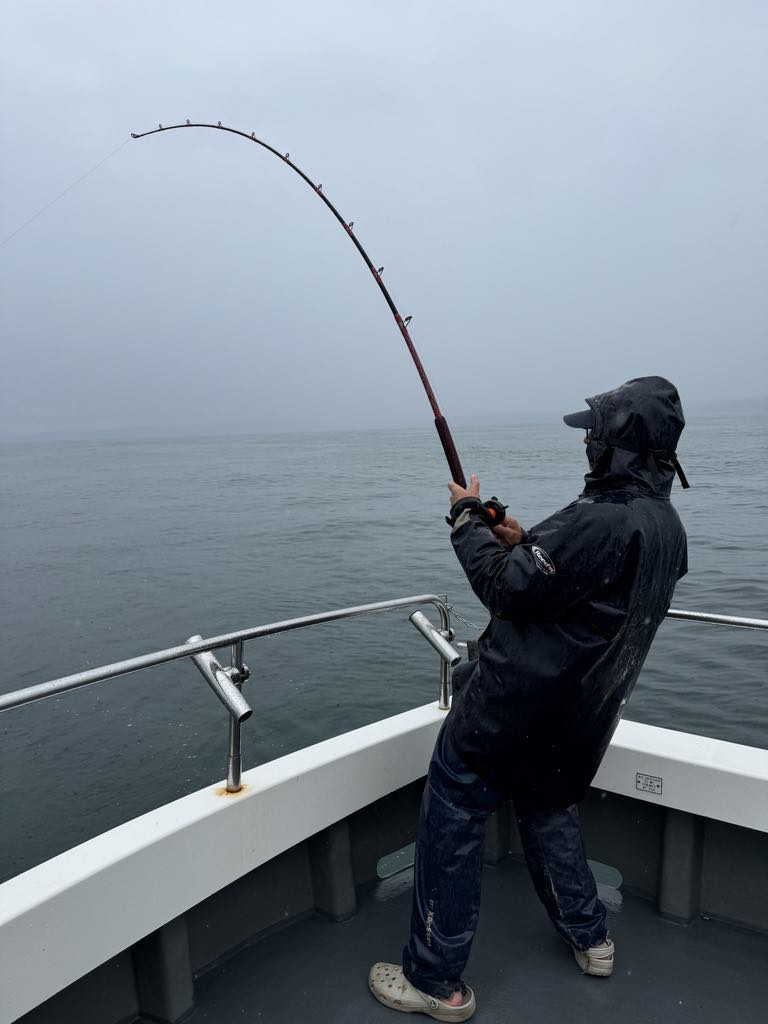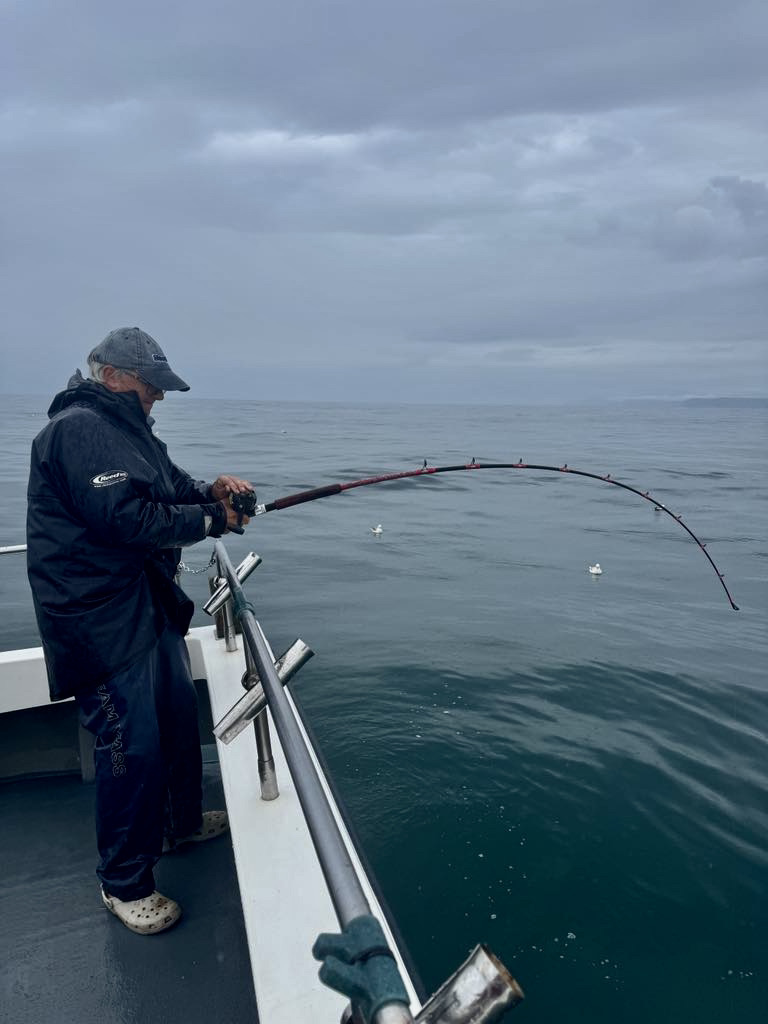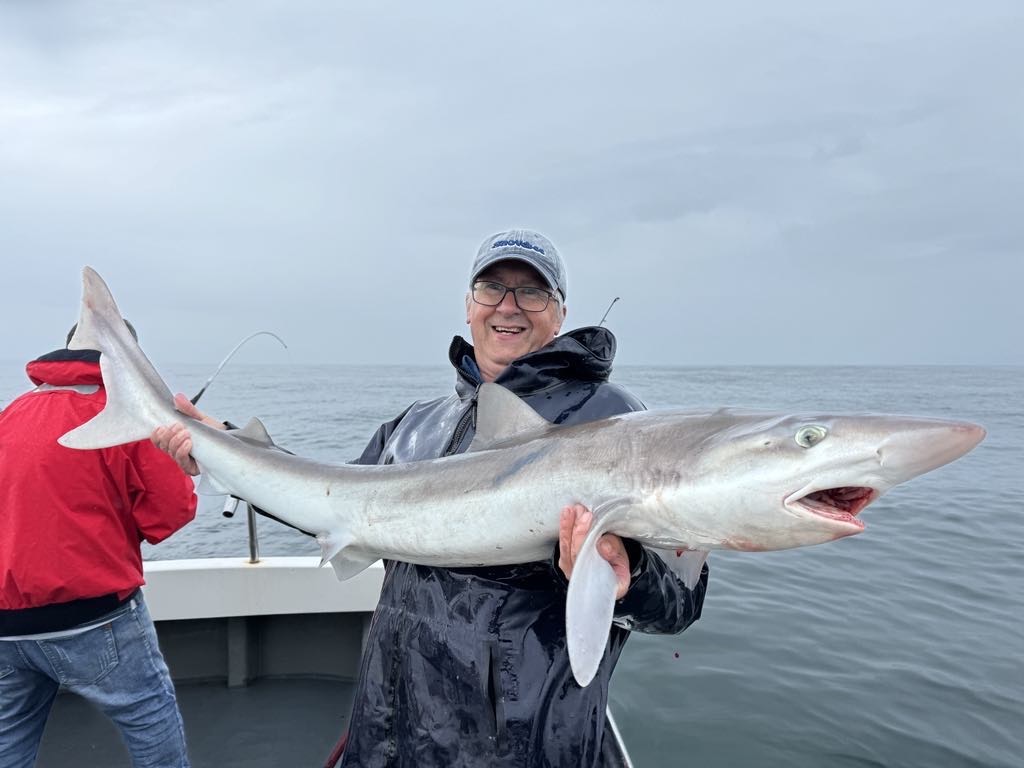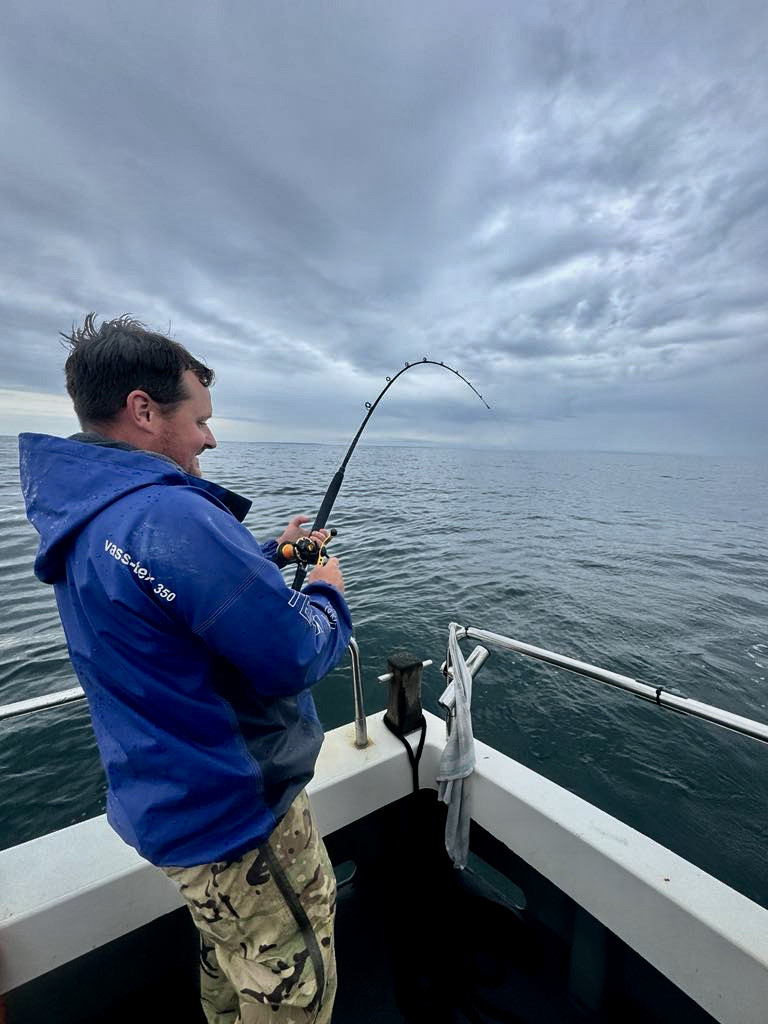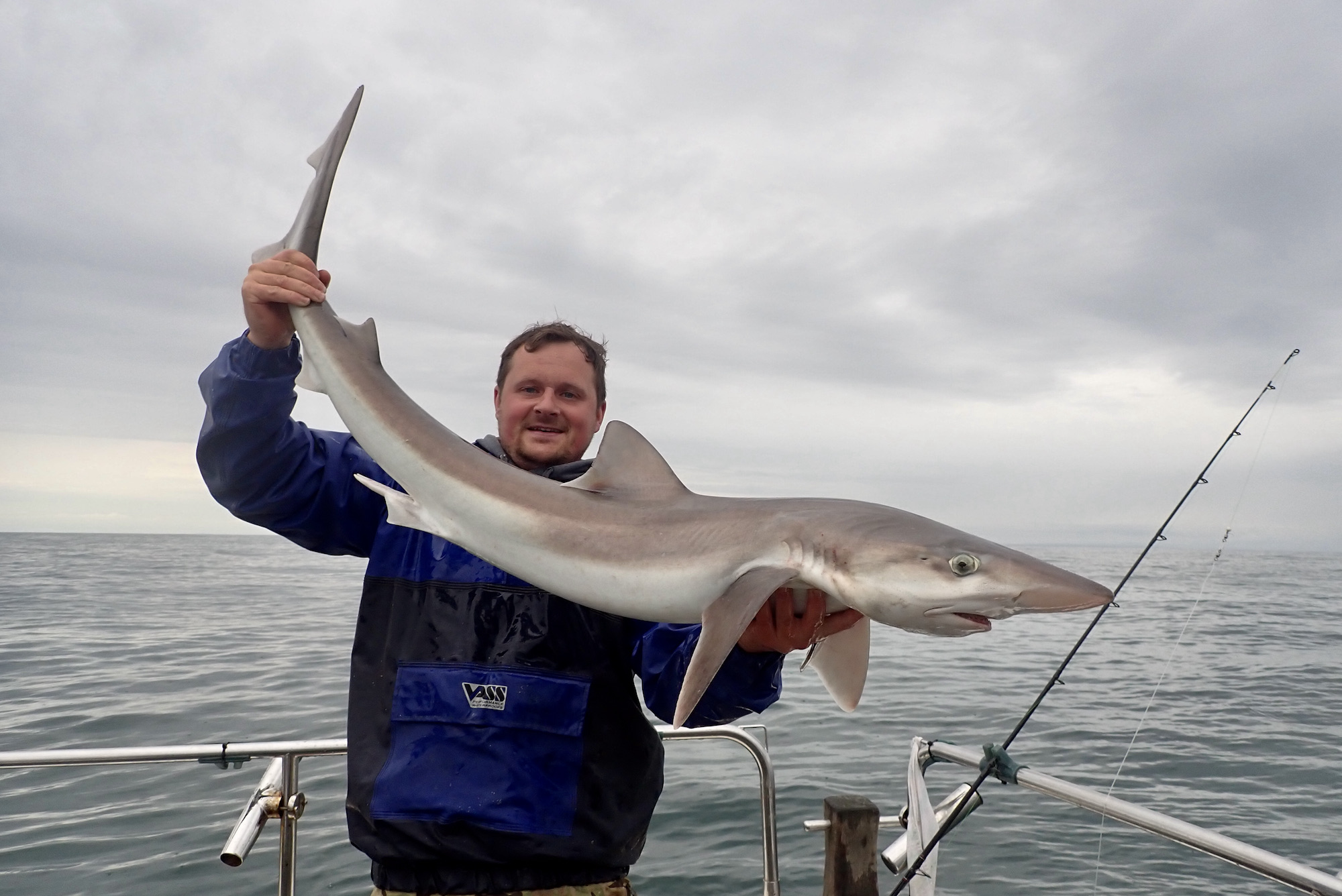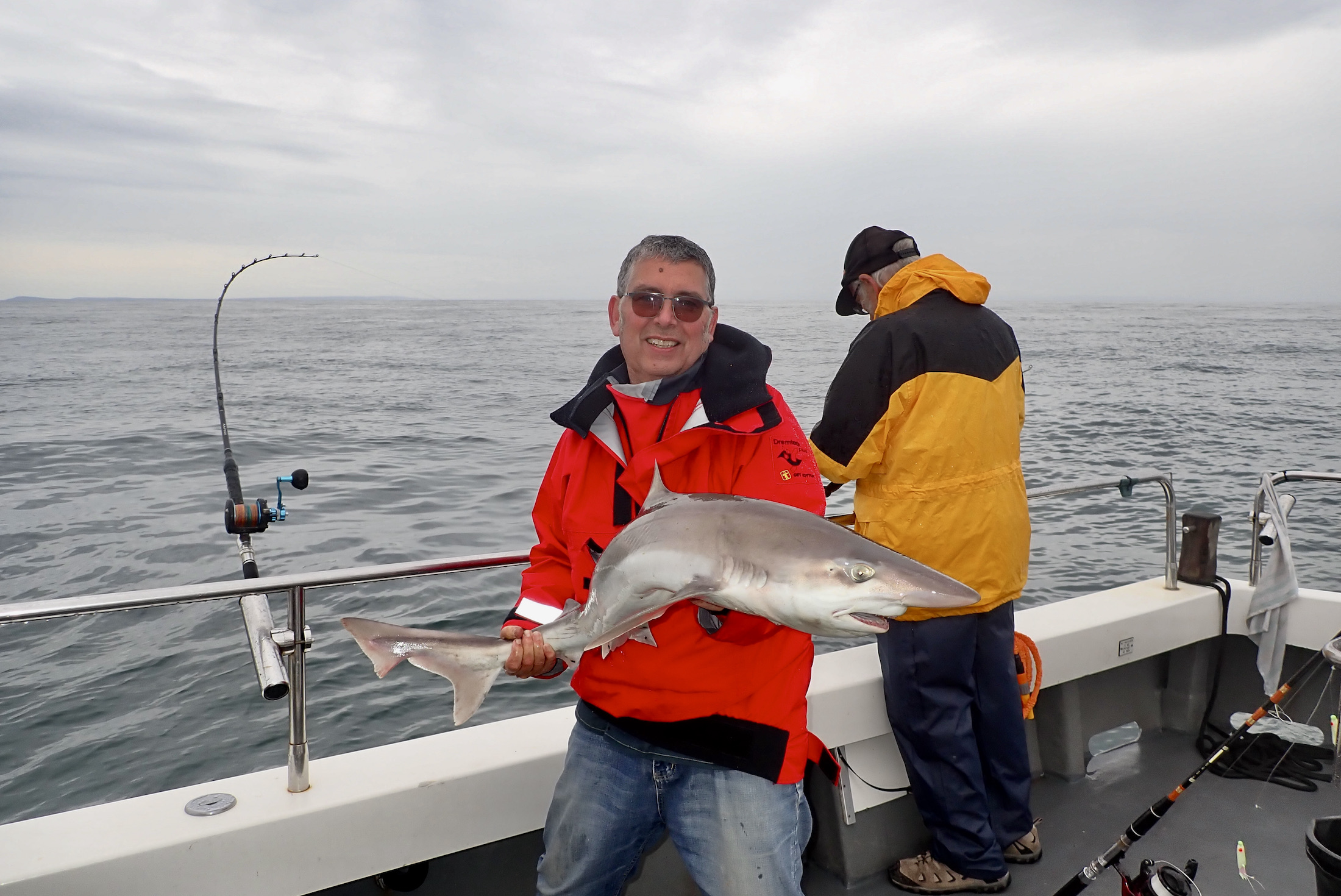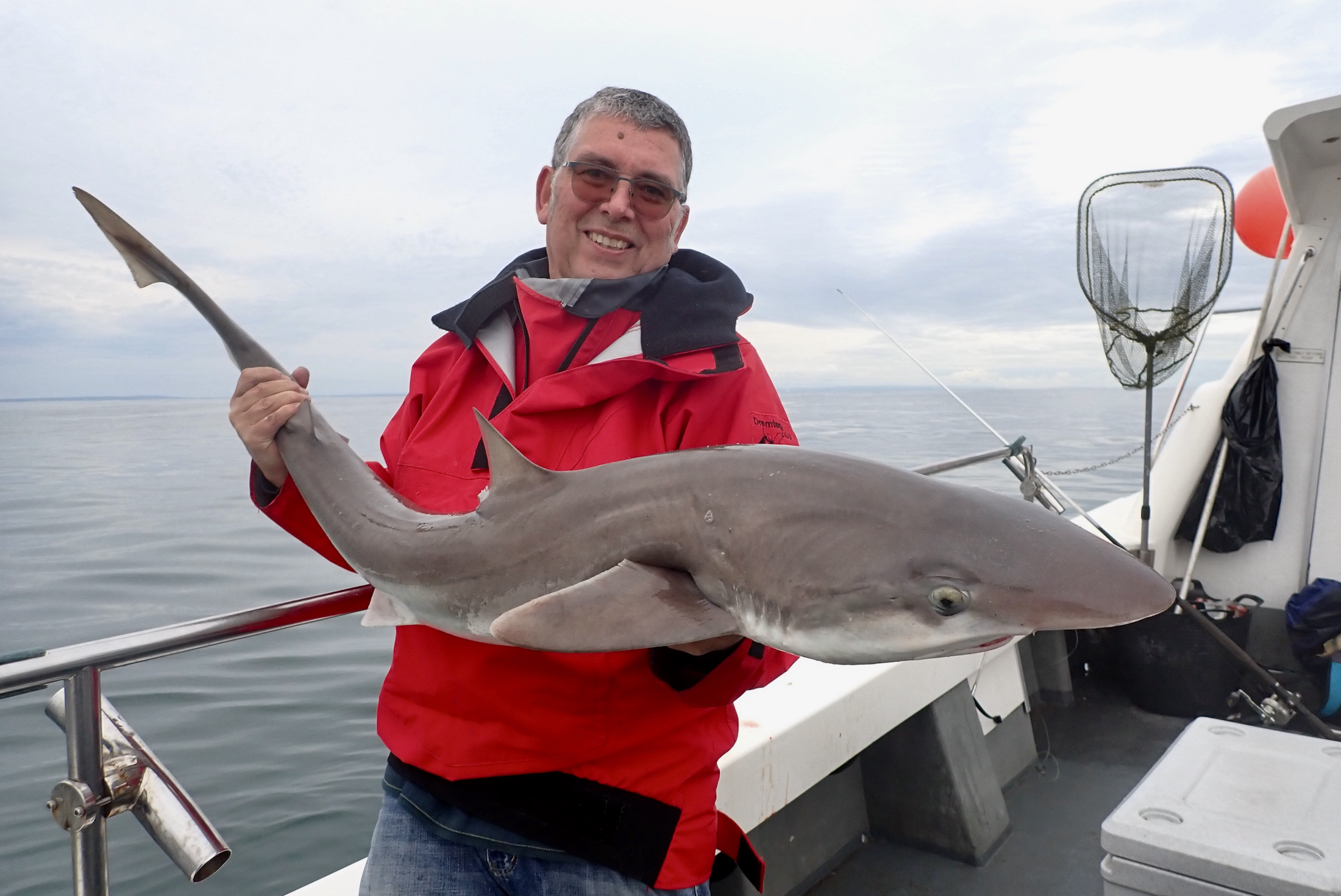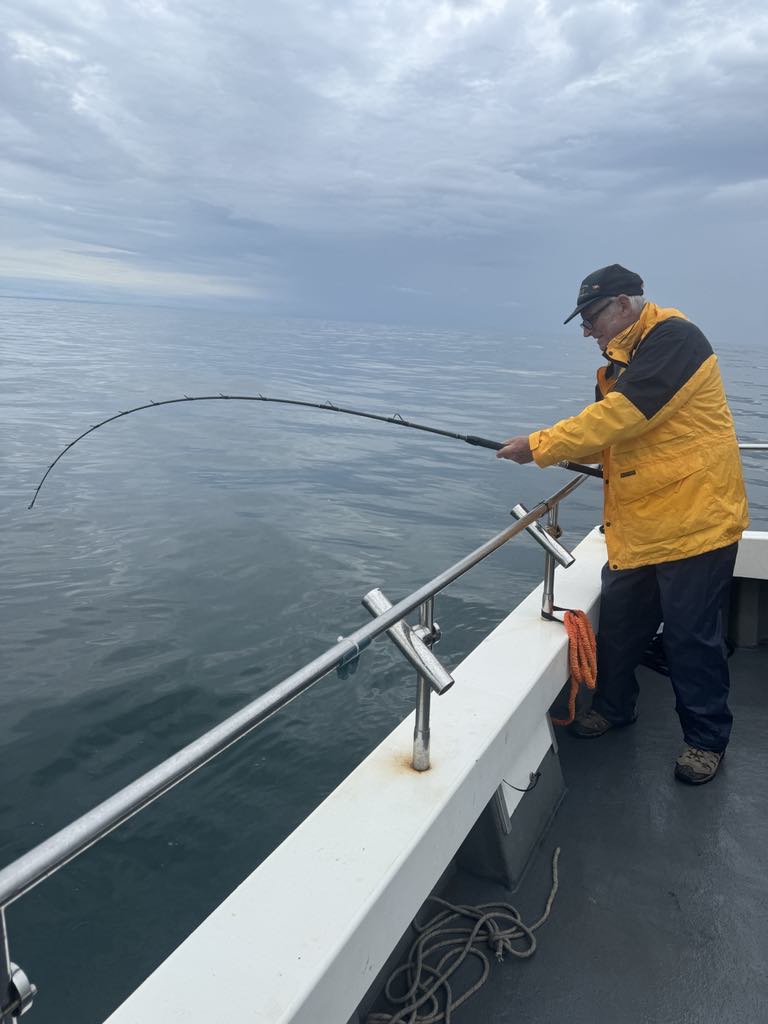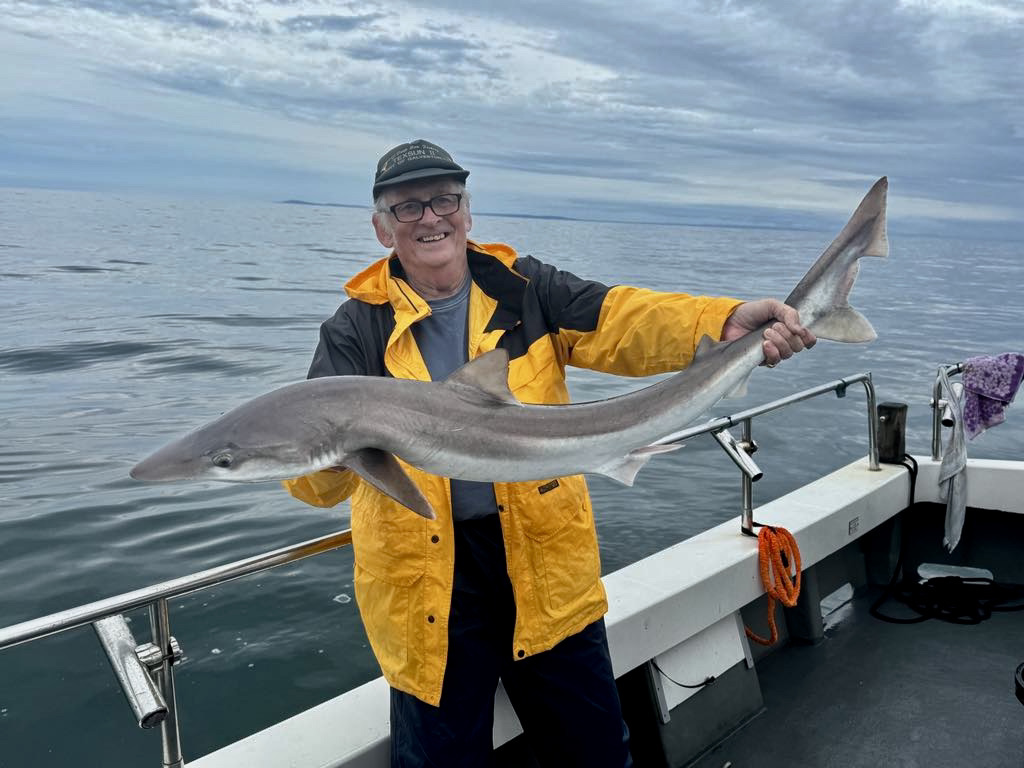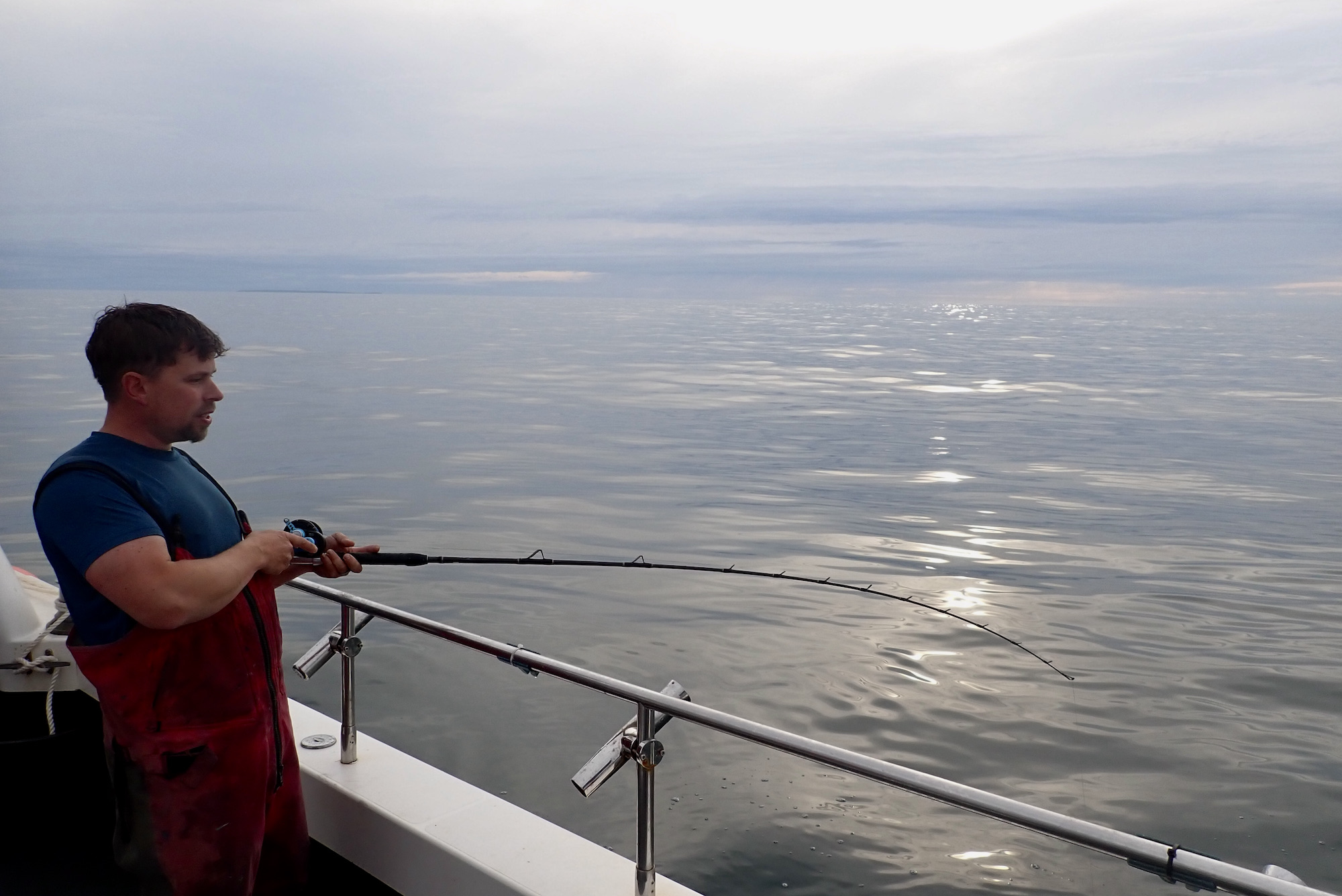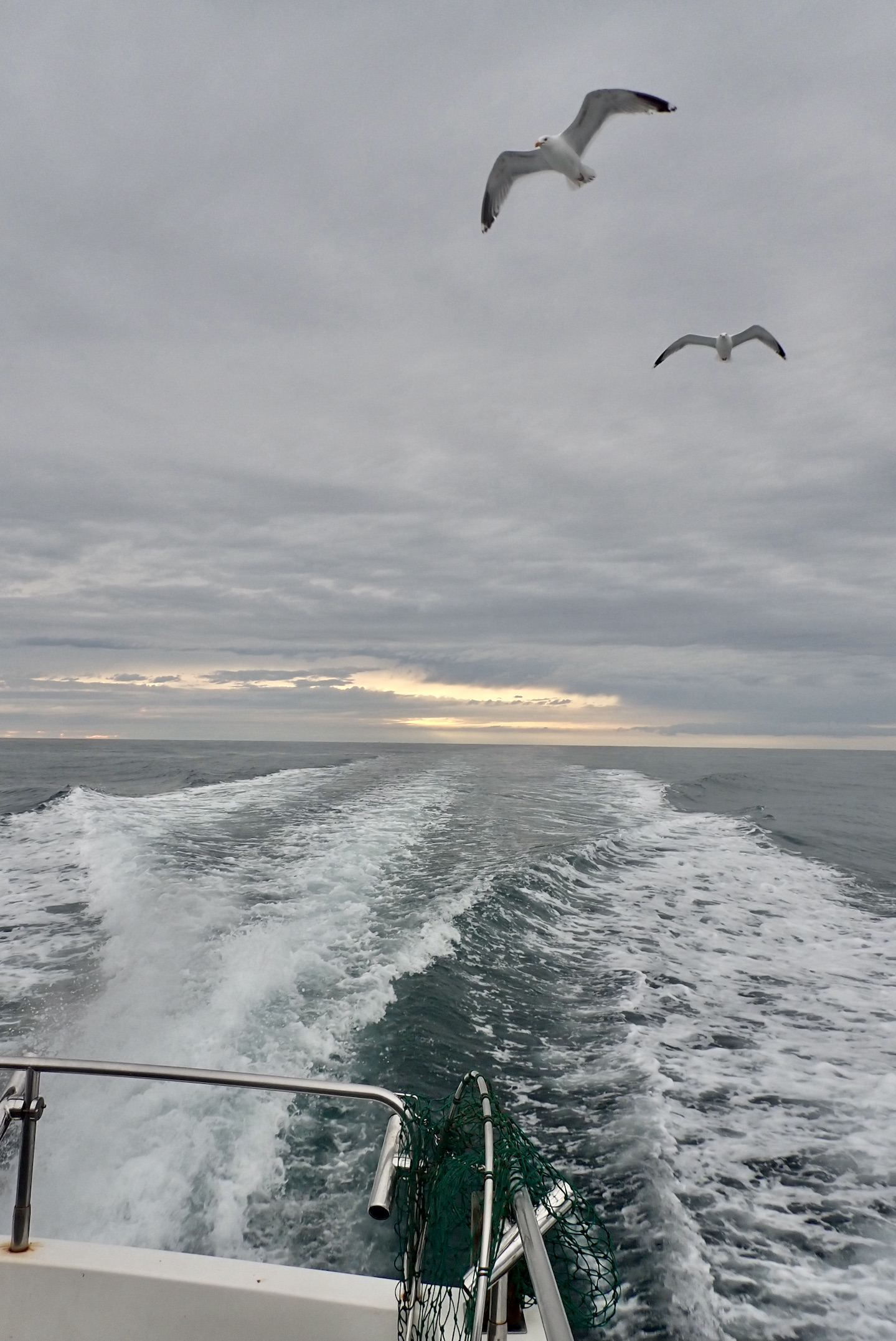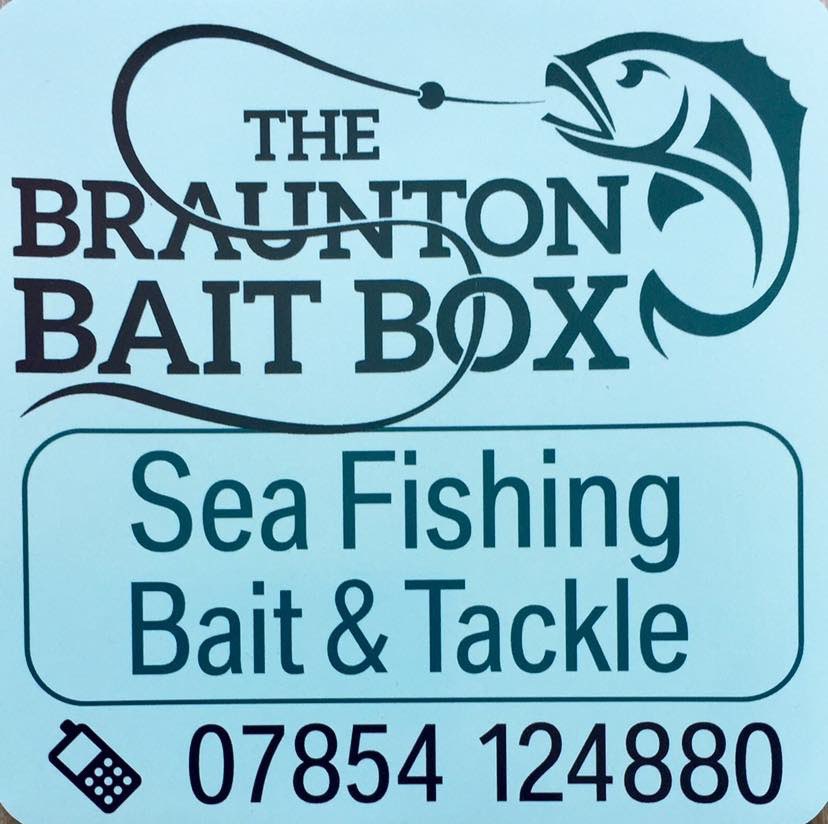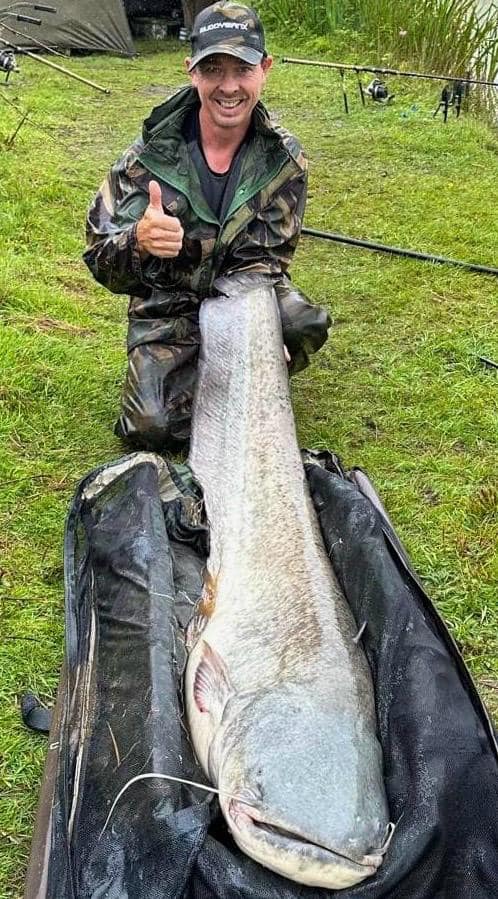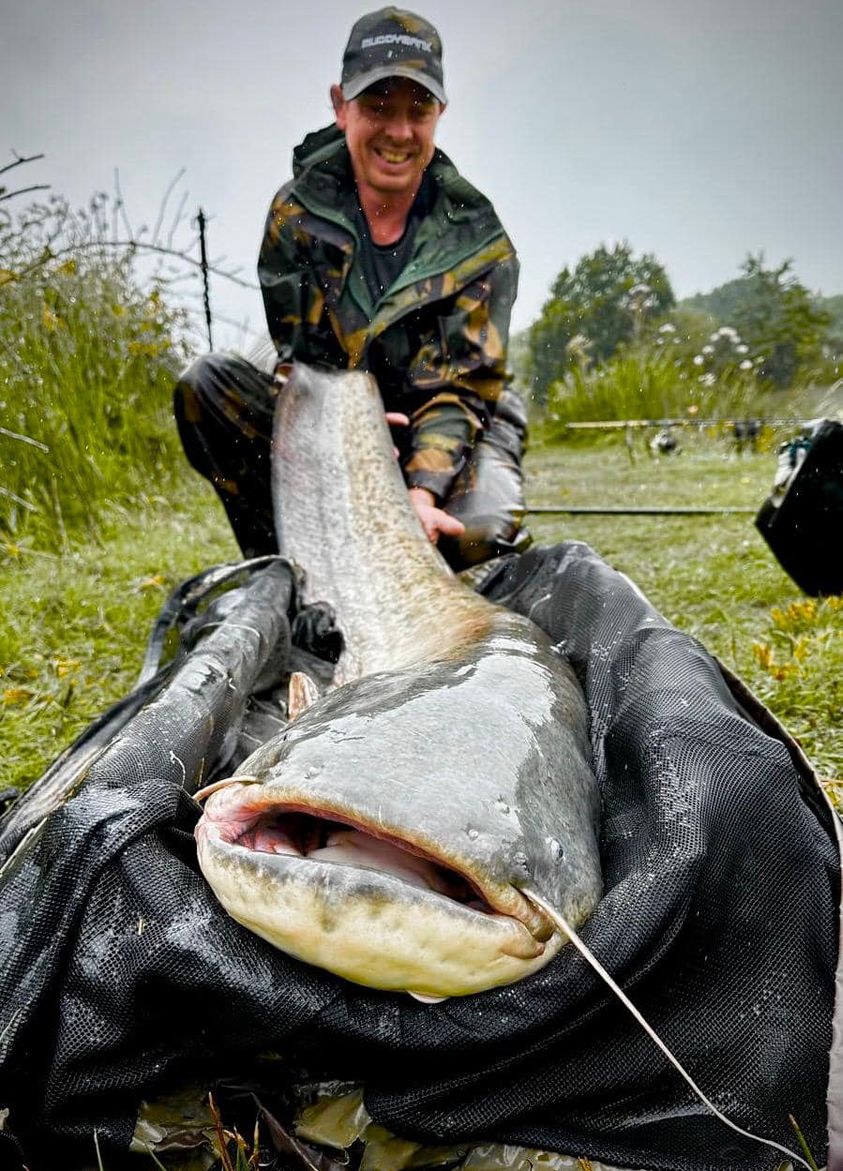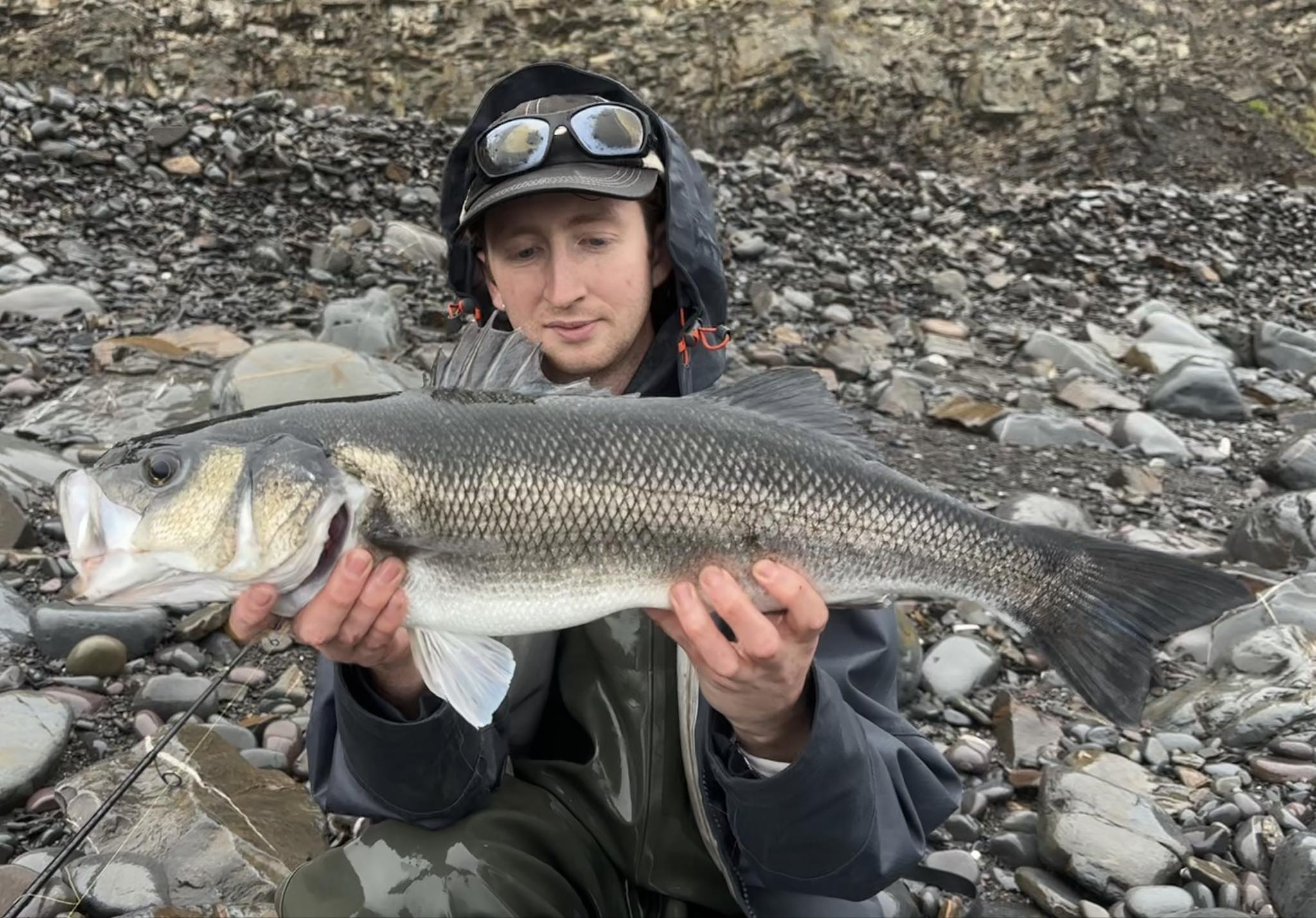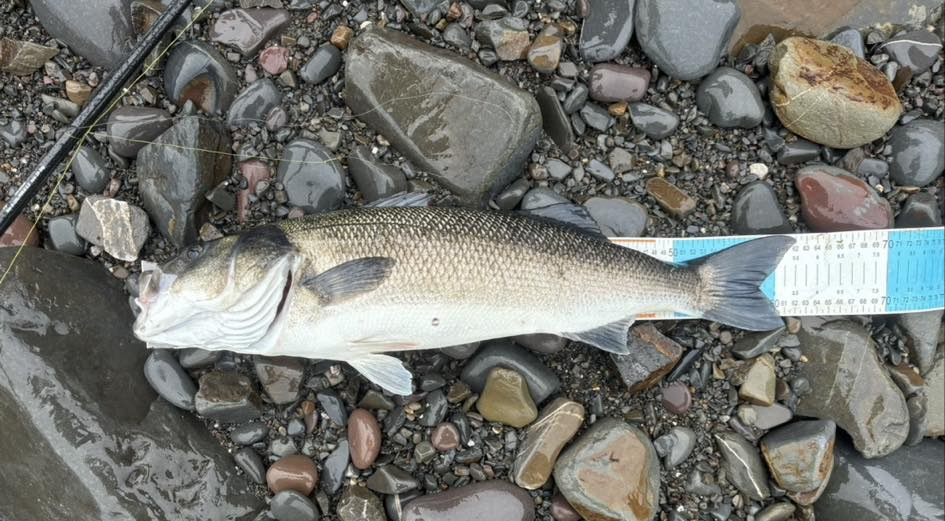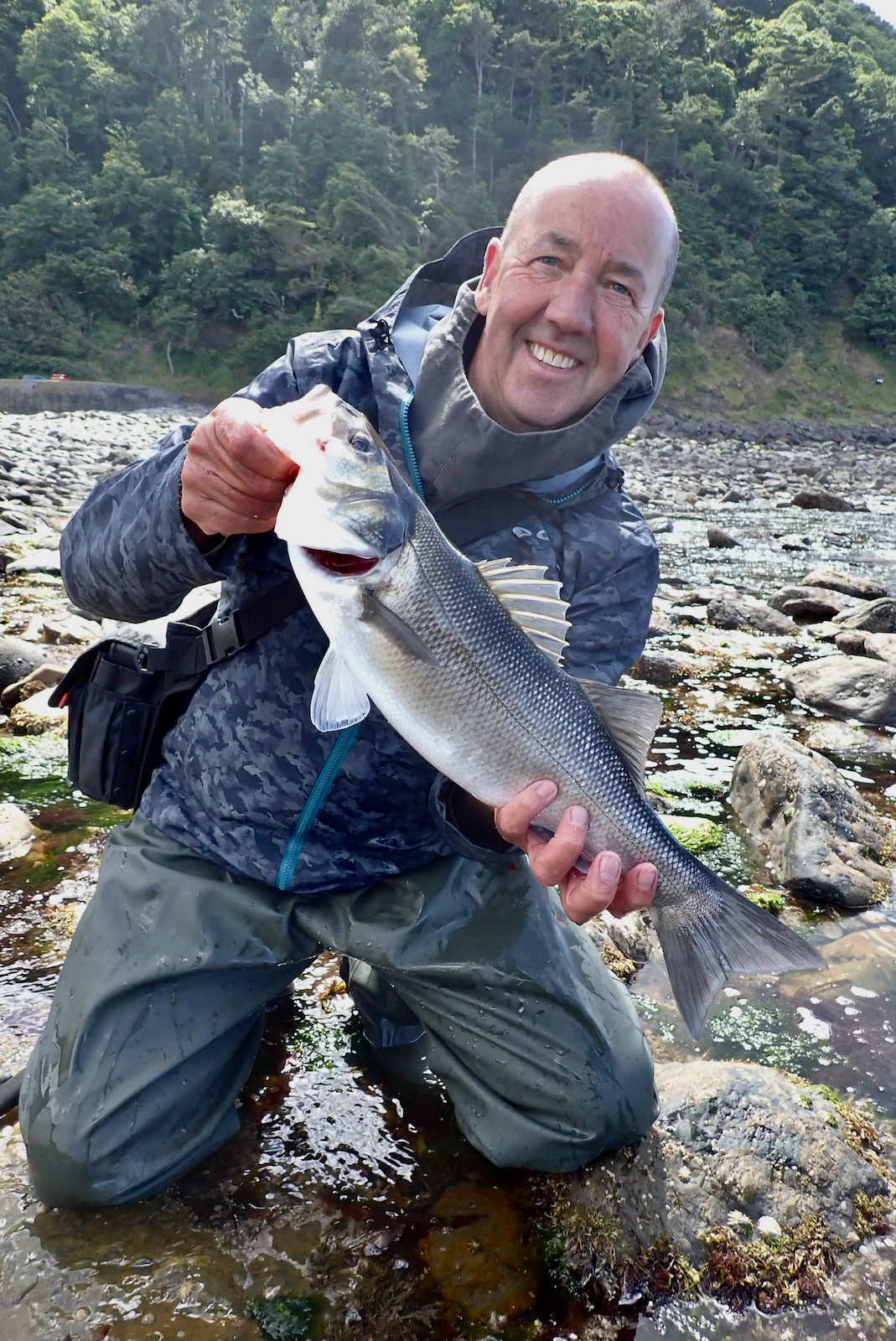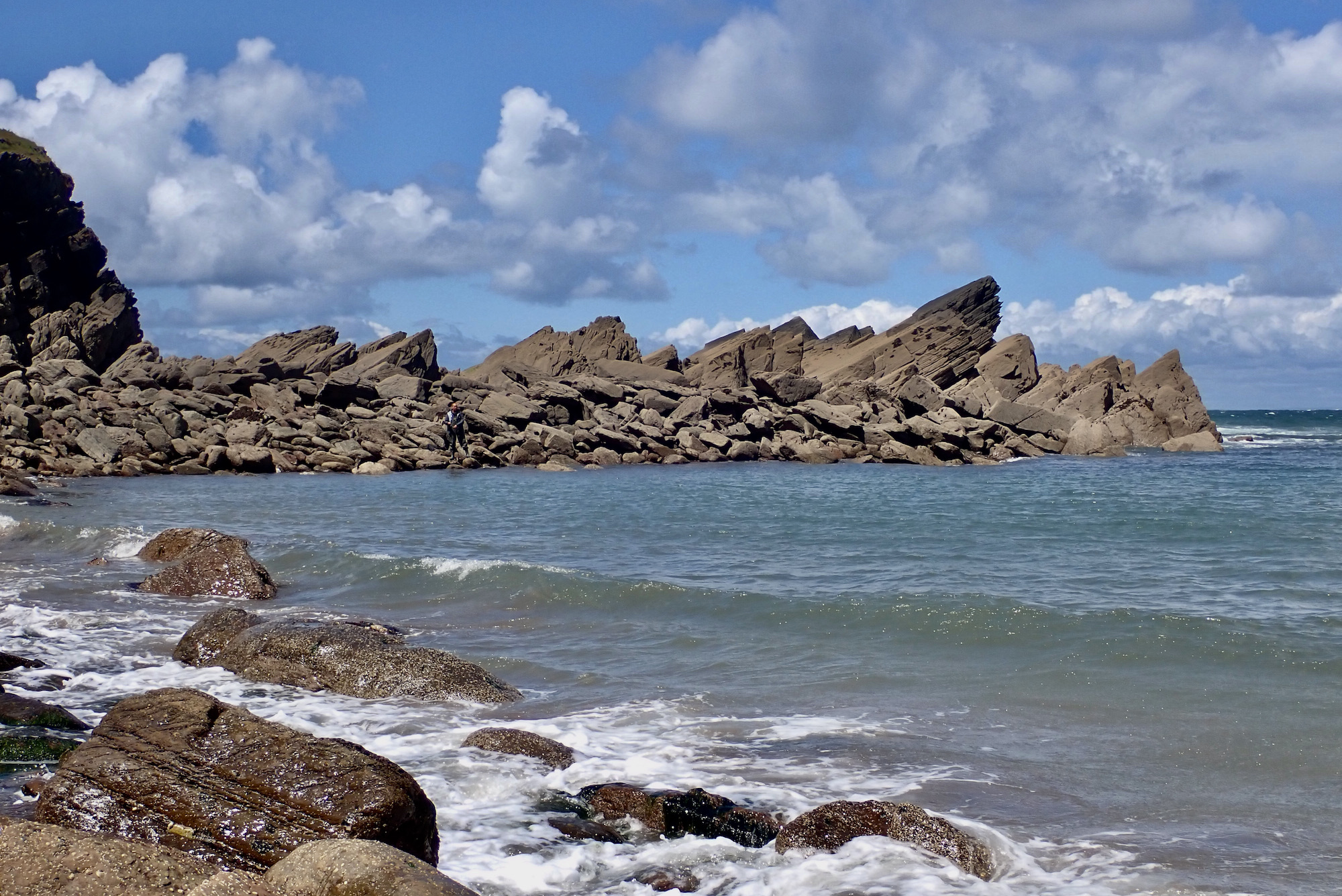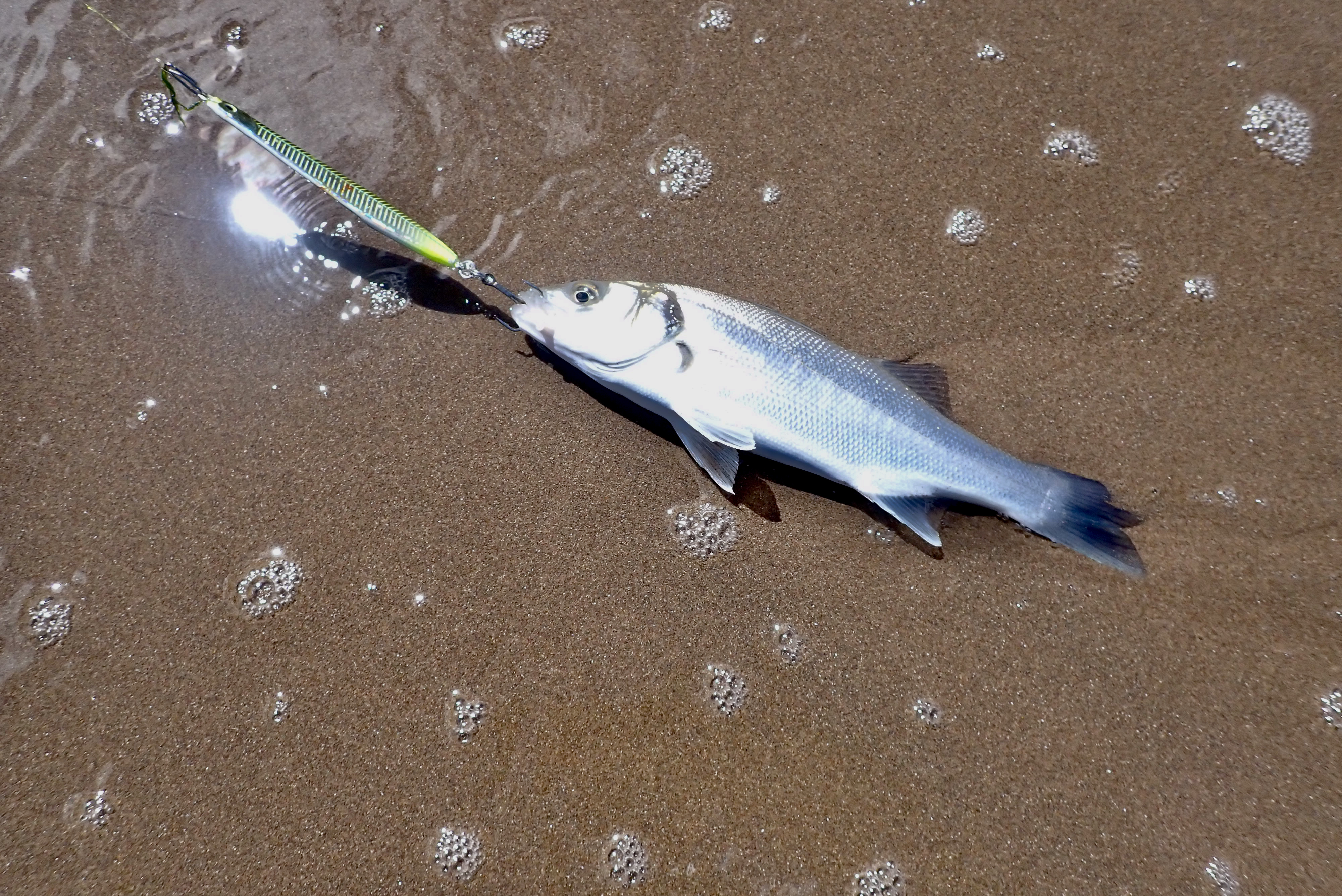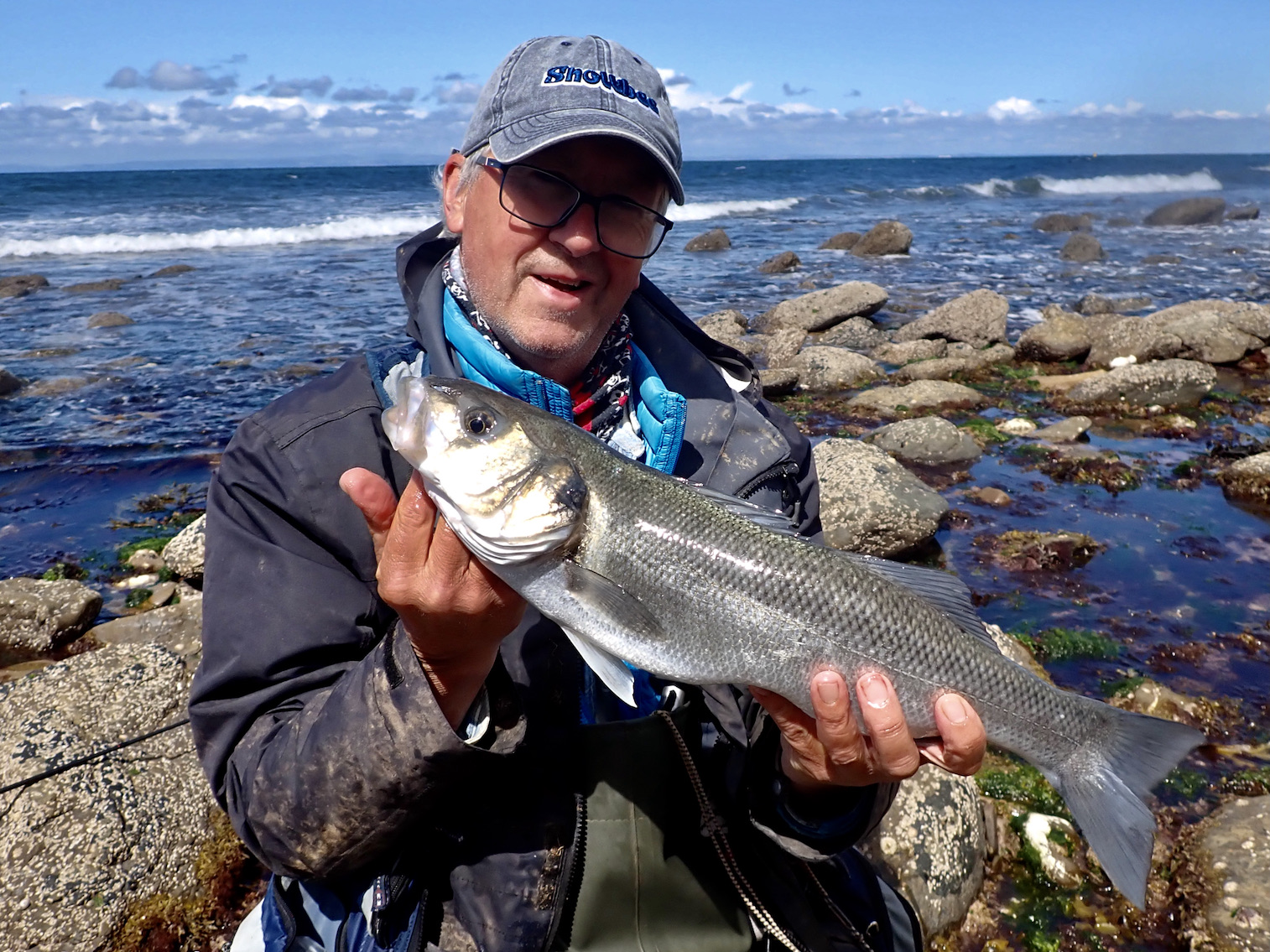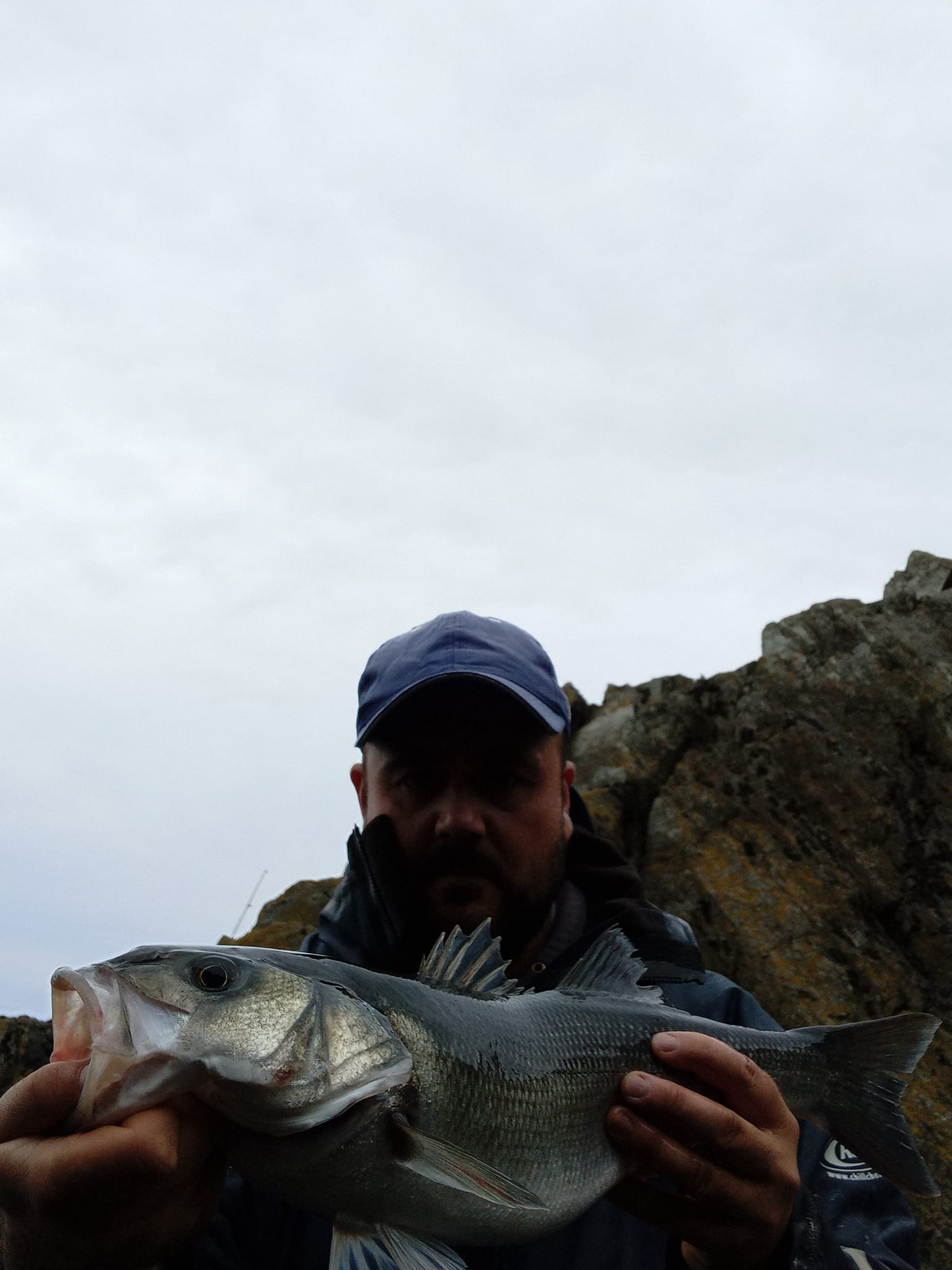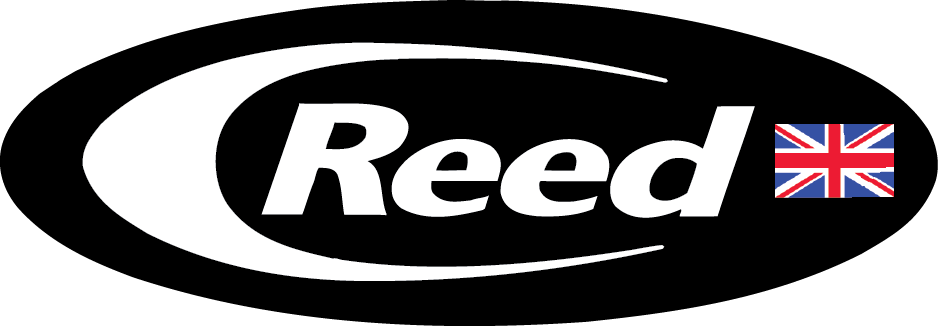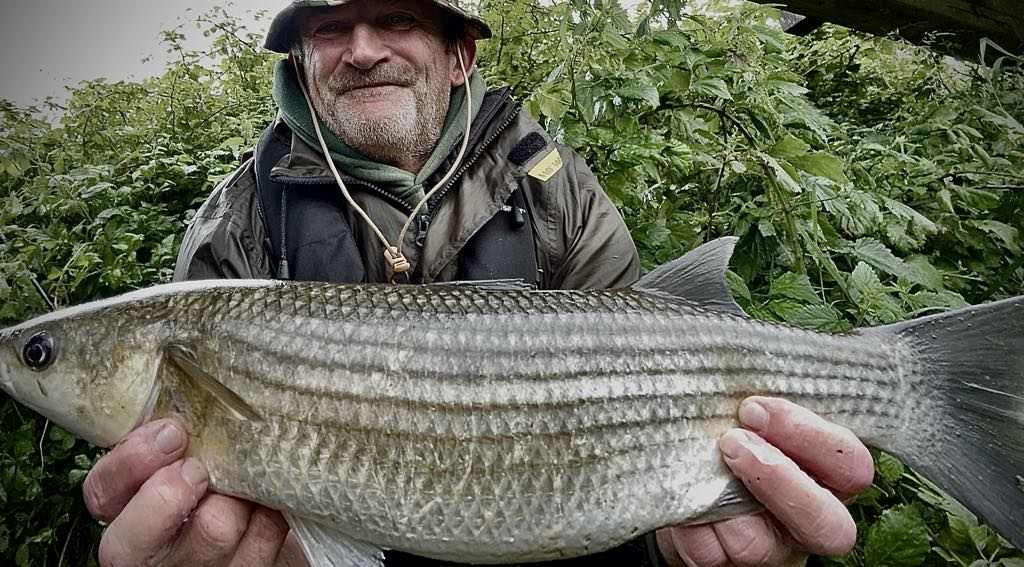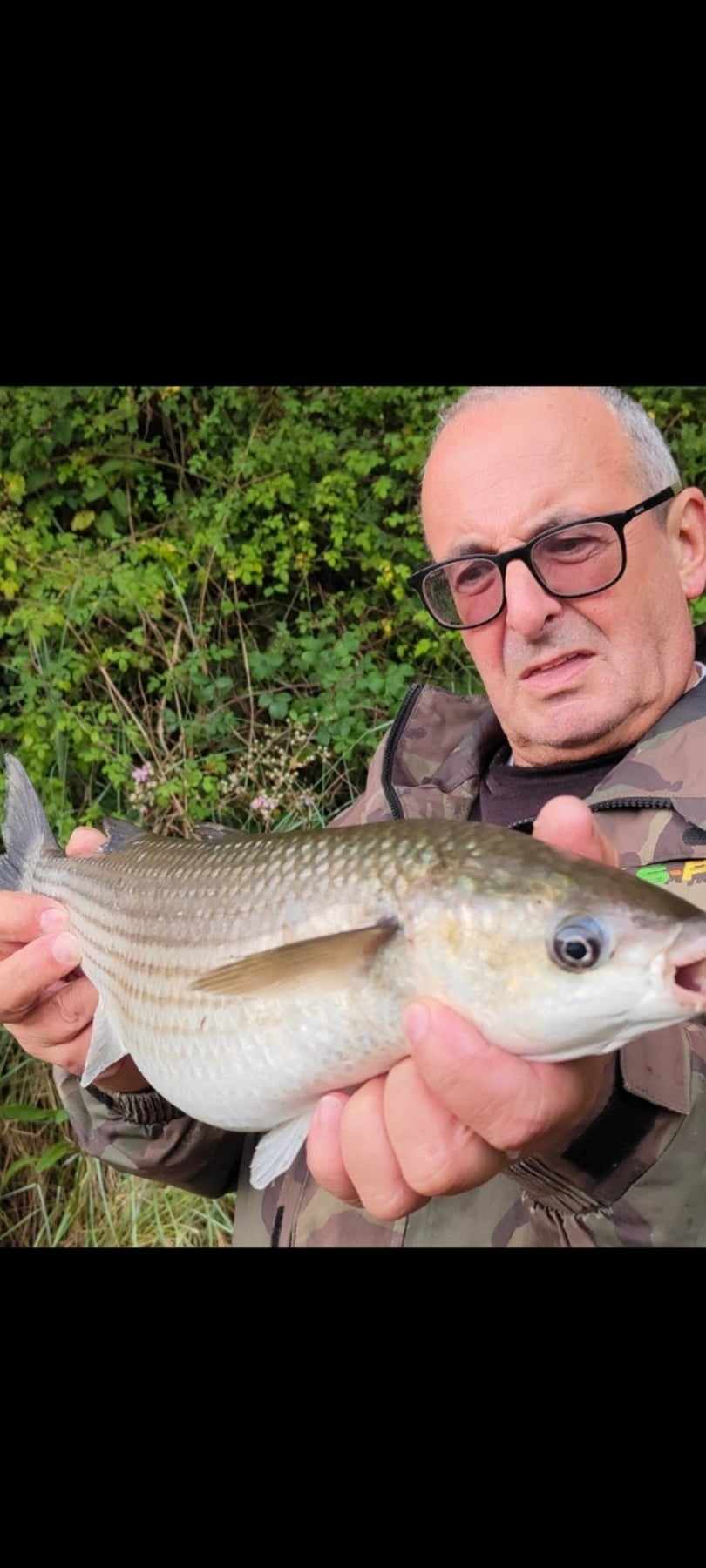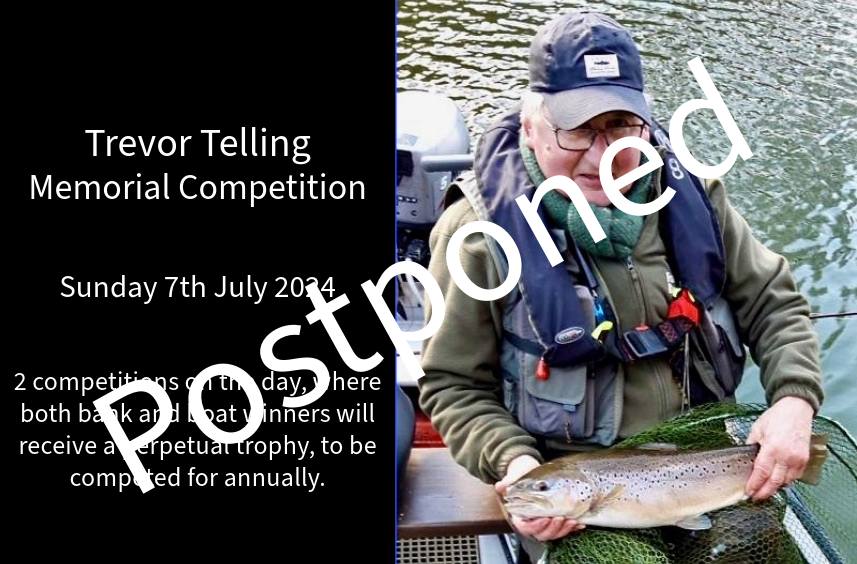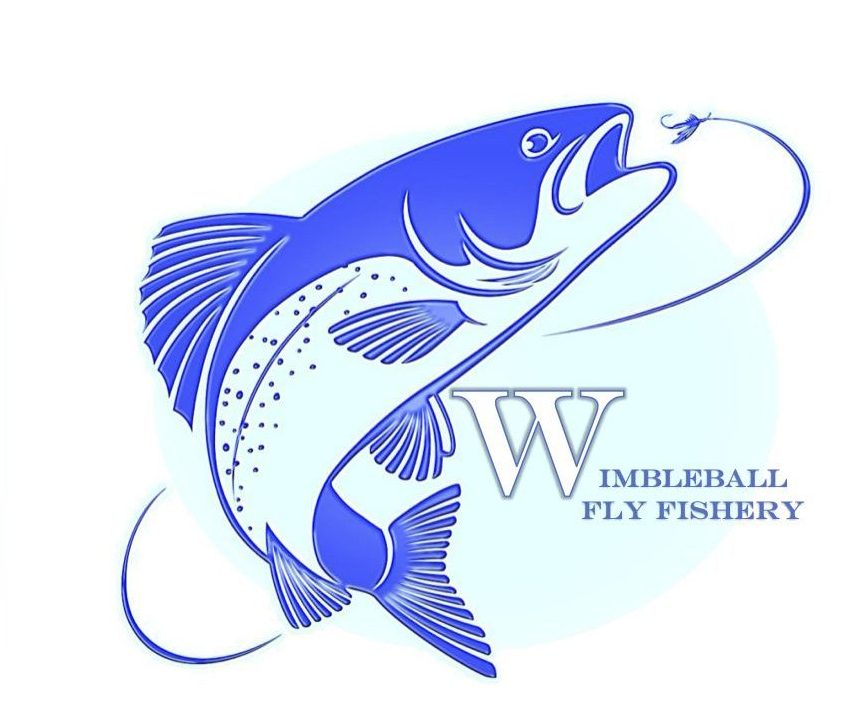Many thanks to Richard Wilson for another thought provoking article. Click on link to read more of Richards articles.
The politics of profit before conservation.

The facts are indisputable. Norwegian salmon runs are shrinking dramatically. The Norwegian Environment Agency says this year’s run is a lot less than half of what it should be – and that 2023 was 30% down on 2022. This is a long-term trend going back years.
The Oslo government’s response is to ban rod fishing on 33 rivers. And it seems likely this ban will spread, although the phrase fiddling while Rome burns springs to mind.
The root problem is that for decades wild salmon stocks have been negligently mismanaged by the Norwegian Government – a confession that’s missing from the finger-pointing list of guilty parties it blames for the collapse. Ellen Hambr, the Environment Agency’s director, says the big threat is climate change and then a range of human activities that include hydro and other river barriers, disease, commercial exploitation and last a bracketed after-thought; (fish farming) – the gorilla on the table.
Some Norwegians underscore this position (it’s the climate, stupid) by pointing to Sweden where there is very little salmon farming and a similar decline in the salmon run. They don’t mention that the almost land-locked Baltic Sea, home to Sweden’s salmon, is becoming a cesspit with a huge and growing dead zone caused by pollution. The Baltic is not a good place to be a salmon.
Climate change, to state the obvious, is universal. Warmer river temperatures reduce smolt size which in turn increases mortality and reduces the numbers returning successfully to sea. Once back in the ocean, the record-high temperatures in the North Atlantic suppress food chains and further impact salmon growth and health. Salmon are an indicator species for climate impacts and, for this reason, their future looks grim.
So we need to act on climate, but that’s not something Norway can do on its own. Cue hand-wringing and empathetic green tears. The poor salmon are victims of a global crisis, what’s a small country meant to do? Shrug,Sigh. More hand-wringing.
So what is the Norwegian Government up to? Why flag climate change, on which Norway has a decent track record but little influence, and treat fish farming as a bracketed afterthought?
As ever, the answer is money. Fish farming is a mainstay of the Norwegian economy. The Government licences an industry that produces half of all the world’s farmed salmon, worth $8b a year (2nd only to its oil and gas earnings). That’s before factoring in the benefits to the domestic economy. It’s not a business with a good track record in anything except generating profits. Last year the fish-farm mortality rate was nearly 63m fish (17% of the total stock). Would you trust these cowboys with your river? How about a chicken farm?
Sea lice, the major by-product of salmon farming, don’t restrict themselves to killing millions of farmed salmon. Many of the fish pens are in Fjords that connect ocean-run Atlantic Salmon with their home rivers, bringing wild fish into contact with farmed lice. According to the Norwegian Institute of Marine Research, fish-farm lice killed an estimated 50,000 wild salmon in 2019 – as many as 30% of the run in some rivers. Since then, fish farming has grown.
Aquaculture has devasting impacts on wild salmon populations and it’s the gorilla on the table the government can’t or won’t see.
Closing rivers can help, and it delivers a financial body blow for fisheries, hotels, guides and all the small businesses that depend on their summer trade from anglers. However, their collective contribution to Norway’s economy is about US$1.25b. A drop in the Atlantic when compared with the wealth-generating fish farms. So no prizes for guessing why wild salmon are sacrificed to keep their farmed cousins in business.
The ban on the 33 rivers is open-ended, and it is assumed it will remain in place until the stocks show sufficient recovery. This could be never, because if Hambr is right and it’s down mostly to climate change, then closing a handful of rivers won’t improve anything much. If, instead, the government curbs the shit-show fish farms then there can be a significant revival, albeit within the context of slower long-term climate decline.
The choice facing the Norwegian government is simple. It can carry on with business as usual and hurry the wild salmon into marginal irrelevance, or it can improve it’s own act. And it’s not just the fish farms that fall within their purview. Take Catch and Release: In 2023, 51,000 out of the 70,000 rod-caught Atlantic Salmon in Norway were killed. What’s that about?
So the bottom line for saving the Atlantic Salmon is money, and the Norwegian government won’t achieve anything much until it reigns in its multi-billion $ fish-farming money monster. Meanwhile, I’m hoping the gorilla on the table will finally throw a temper tantrum and bloody some noses. We can but hope.
There is one small consolation: For the fish that successfully make the run up-river this year the prospects are good. River flows are healthy and, so far, water temperatures are lower than in recent years. The conditions are favourable for those fish that make it to the redds. And in 33 rivers there will also be, because of the bans, more returning smolts for the sea lice to latch onto. We can thank the Norwegian Government for that.
